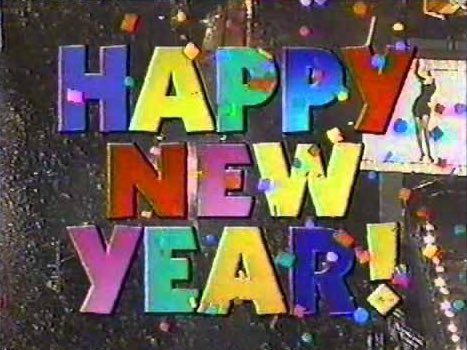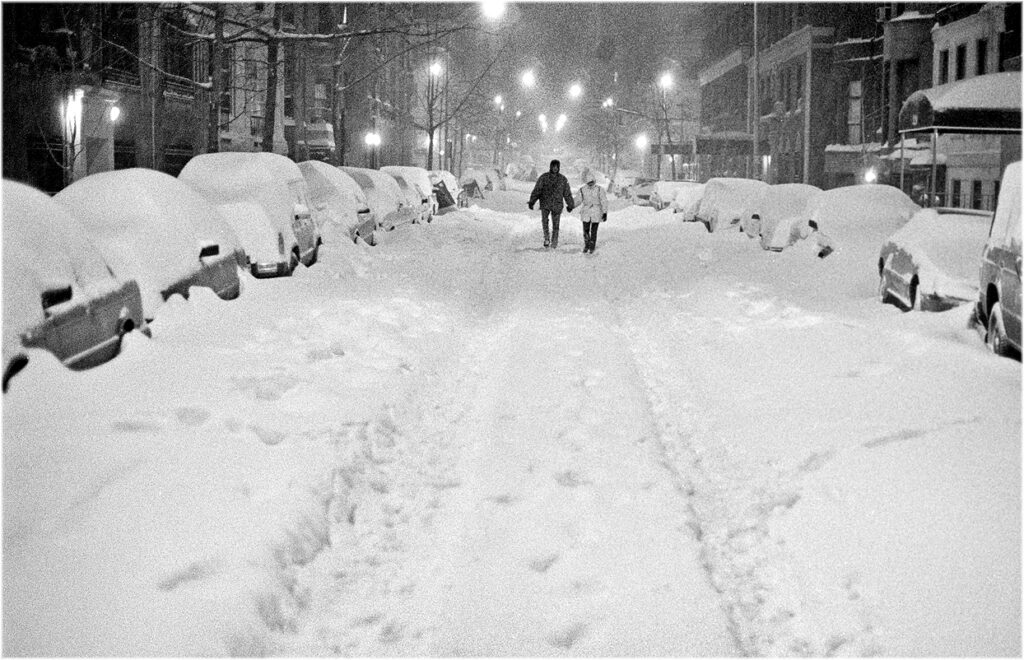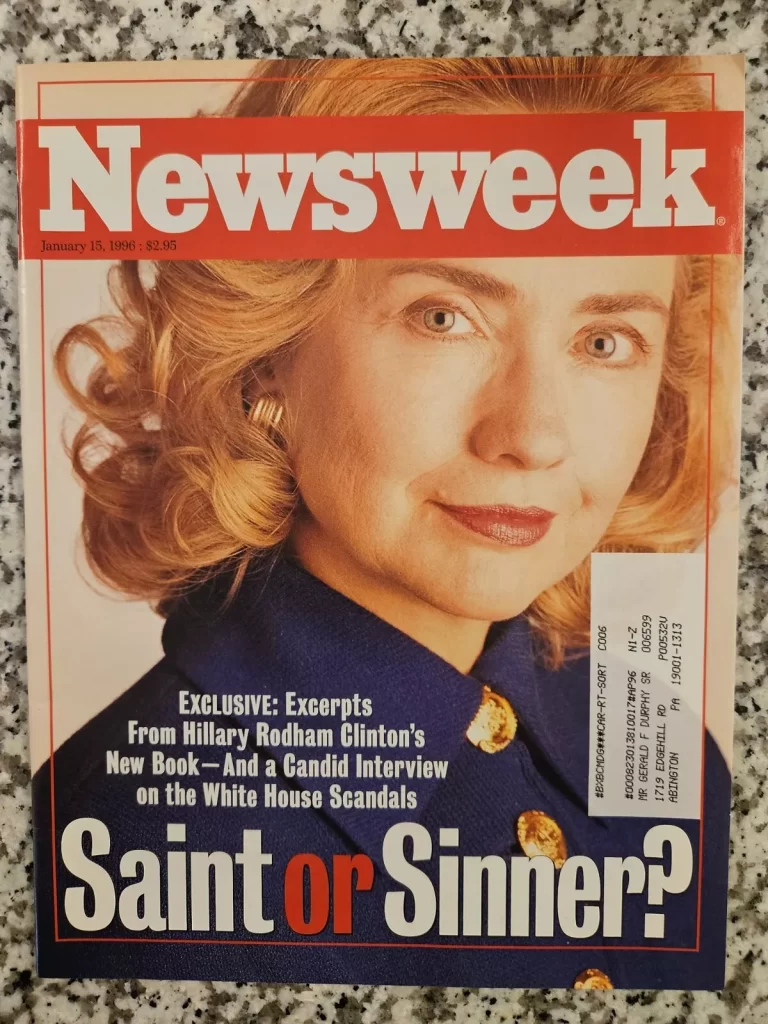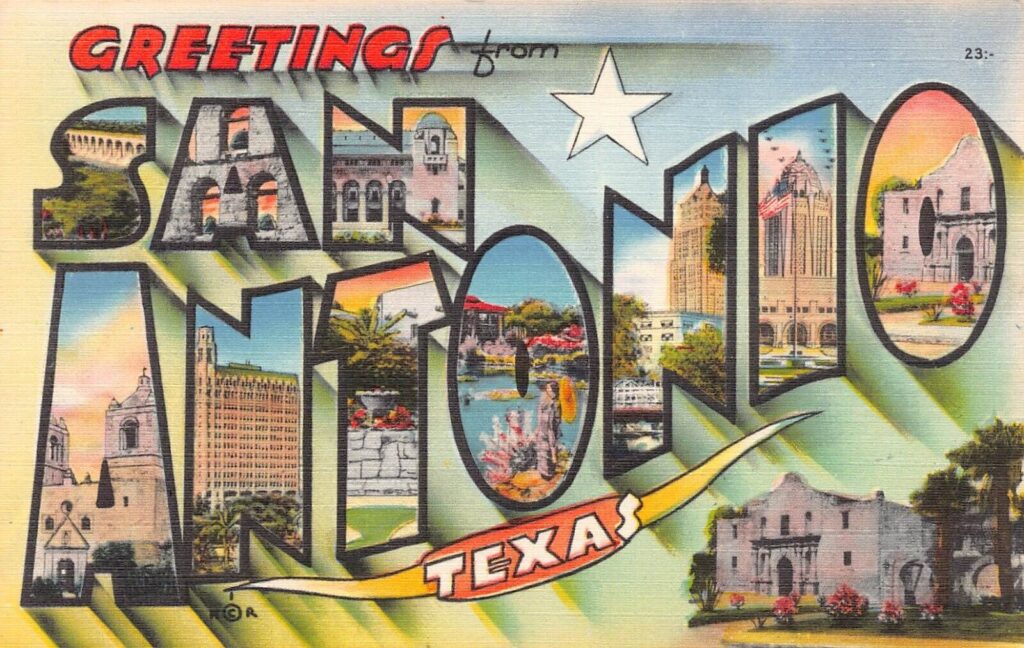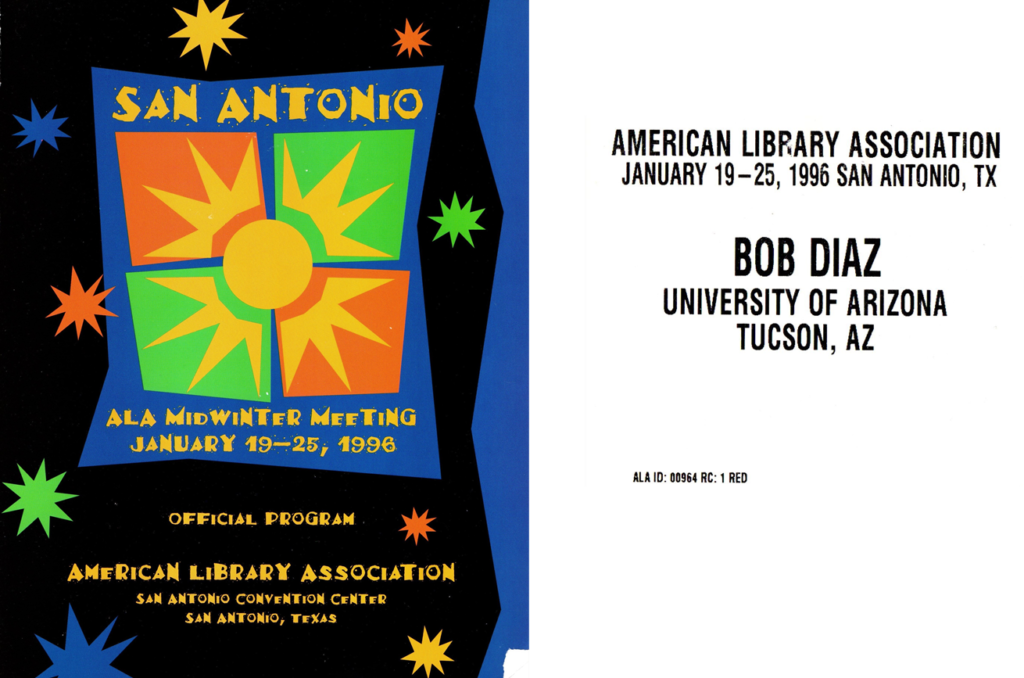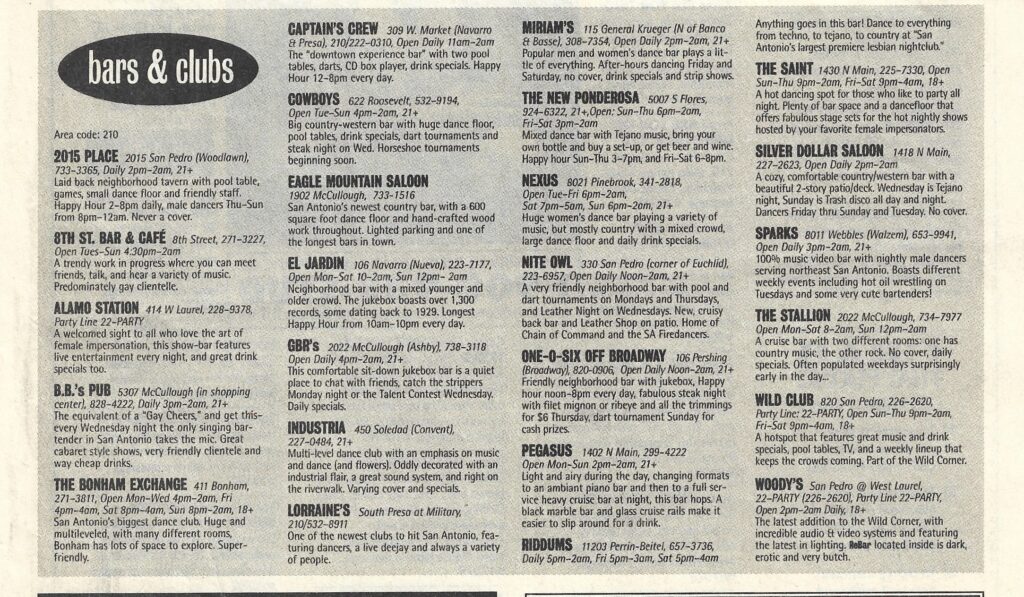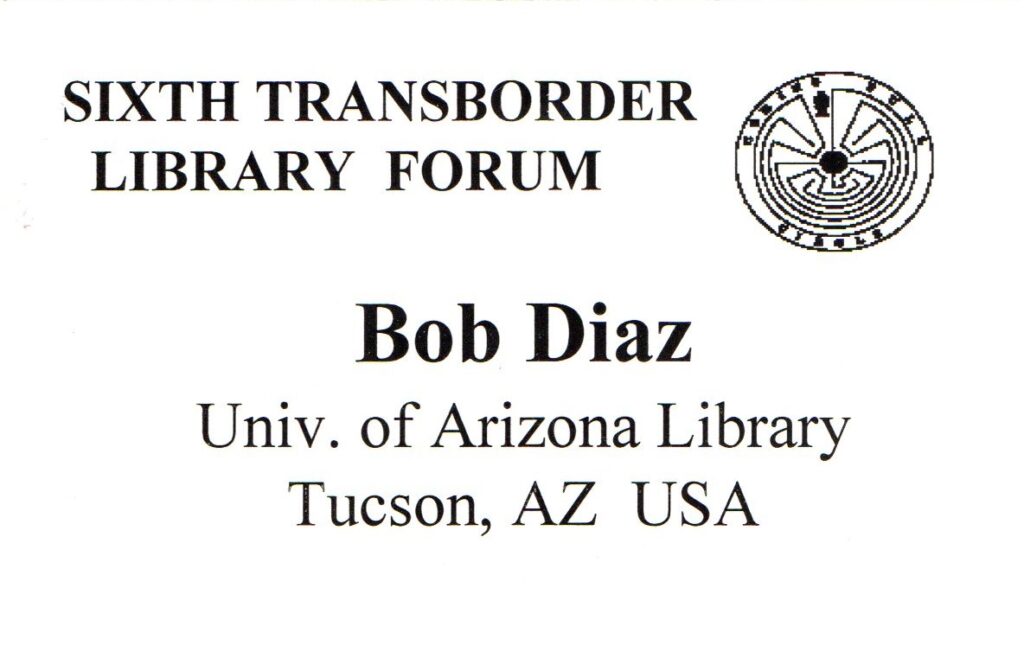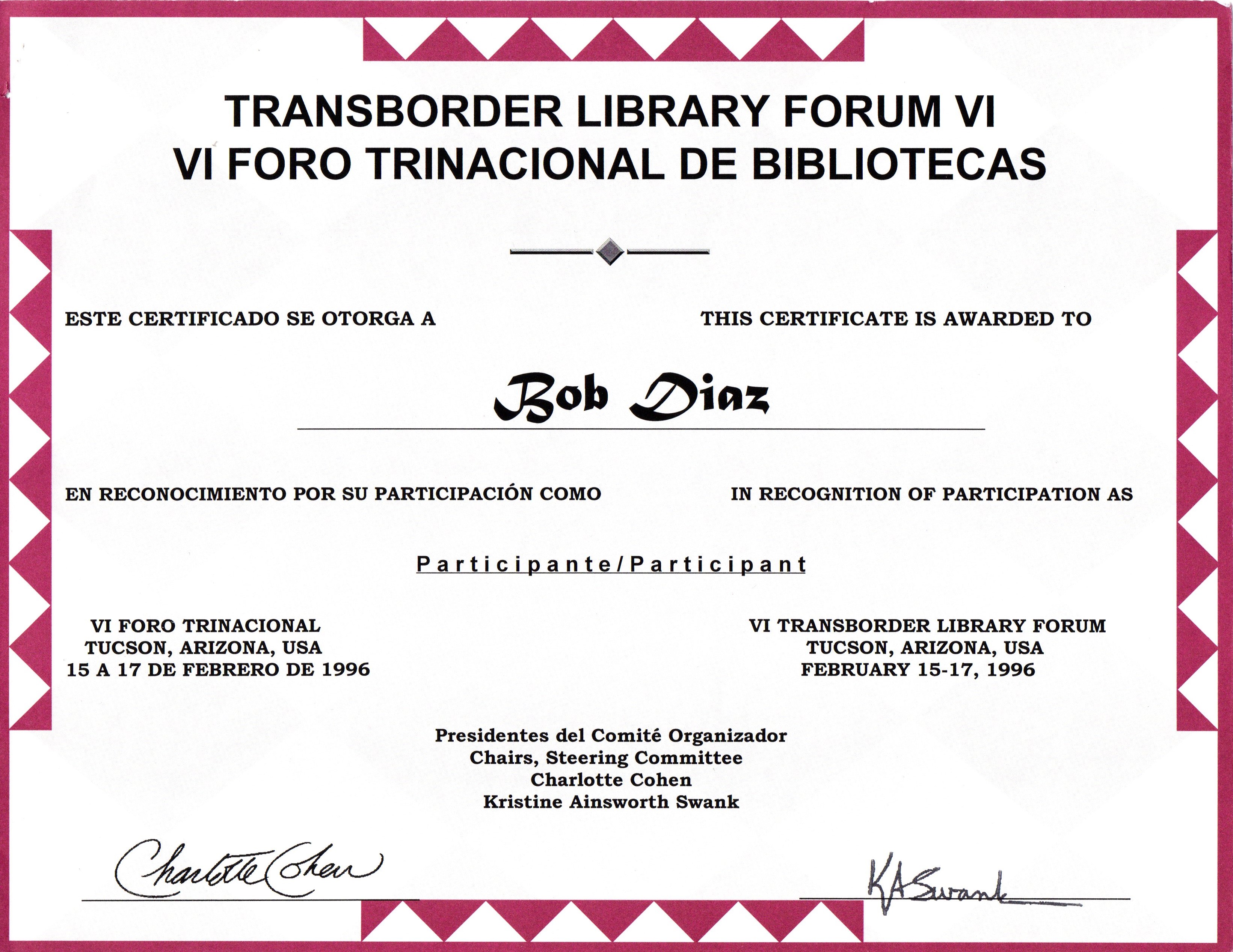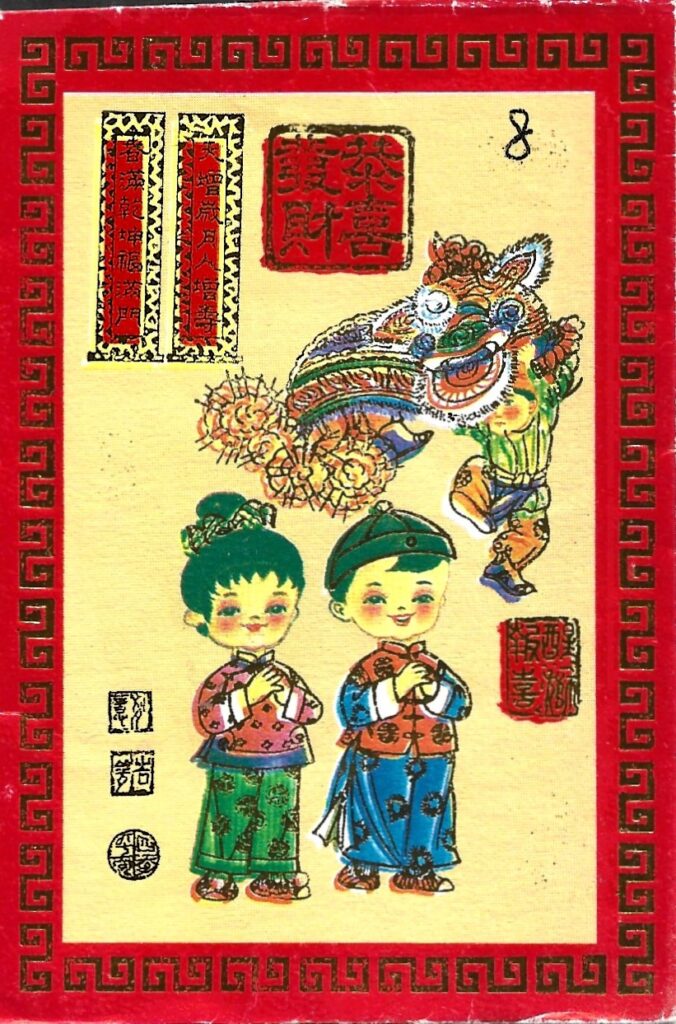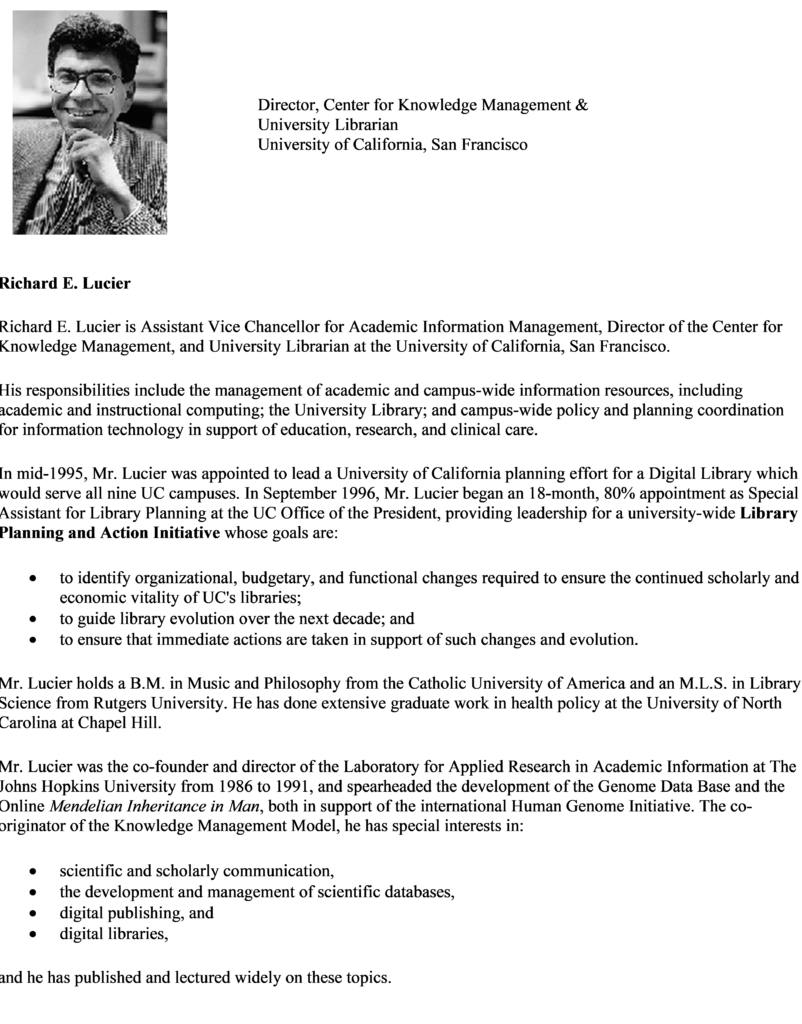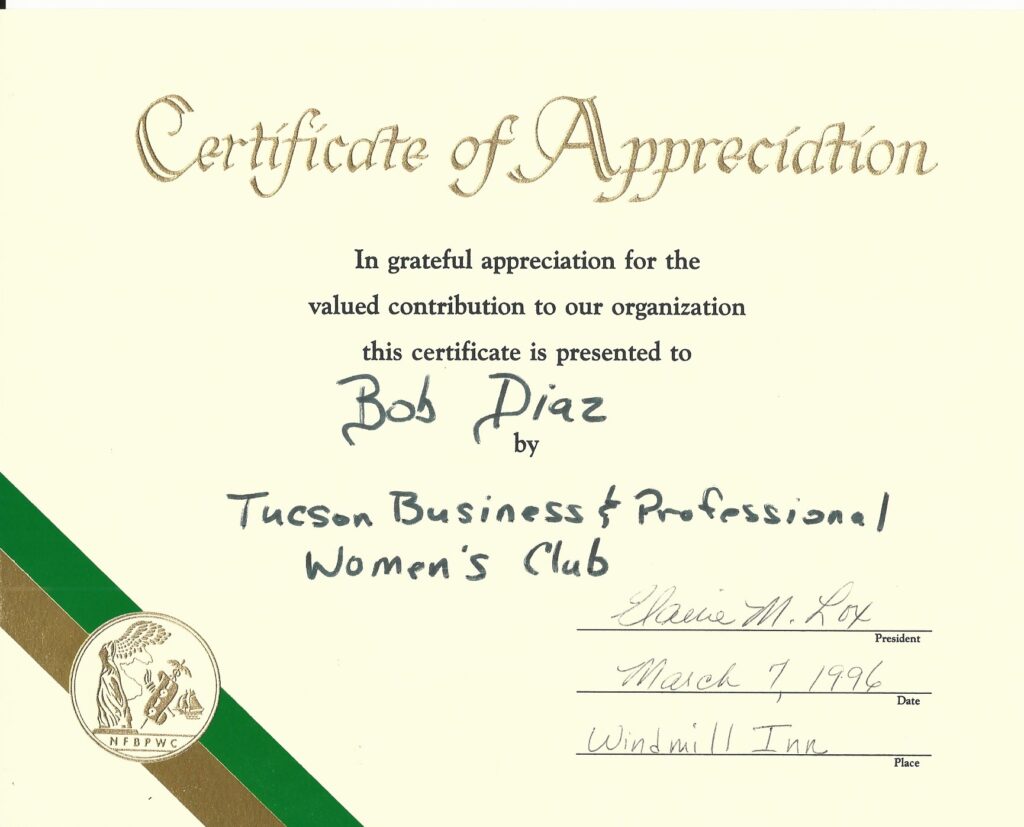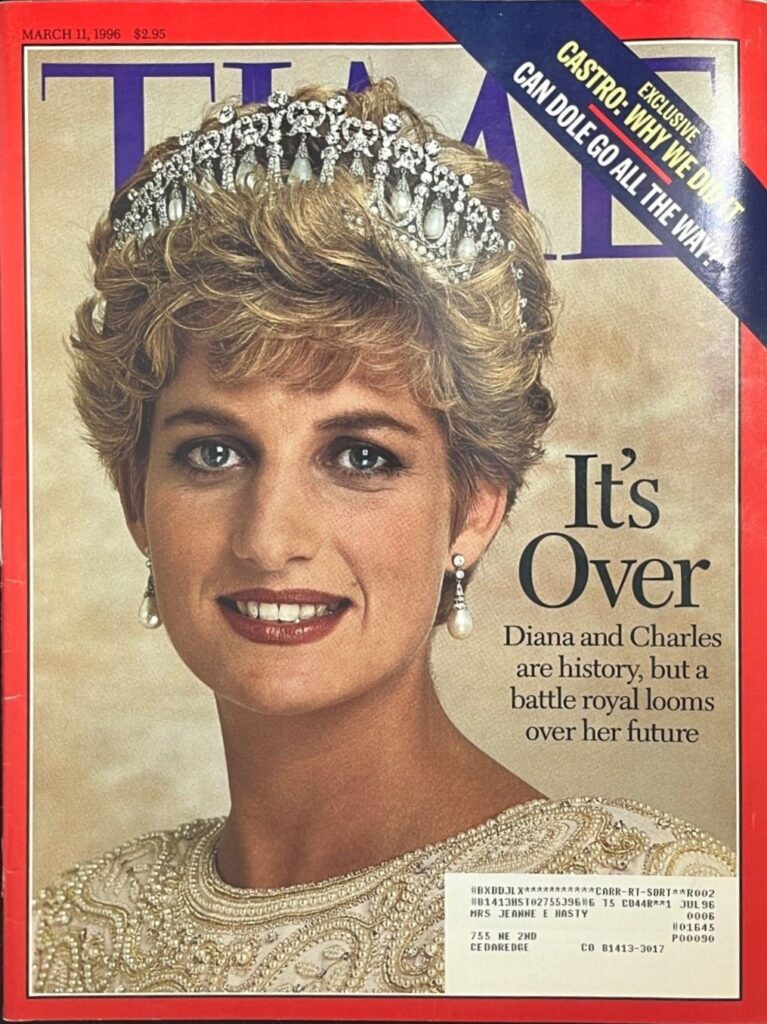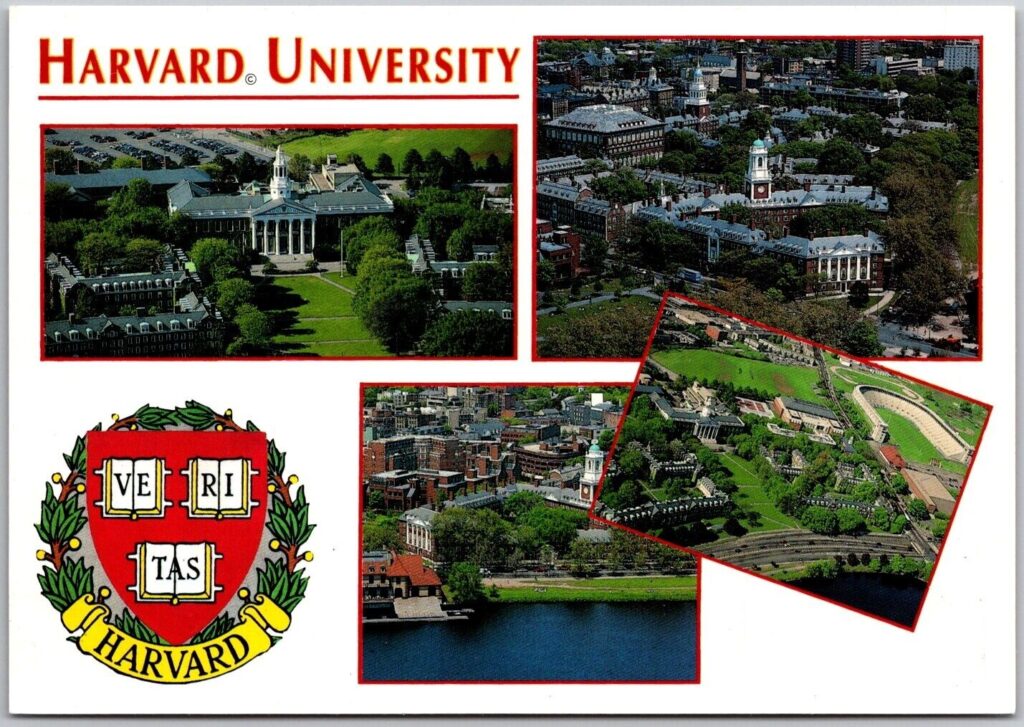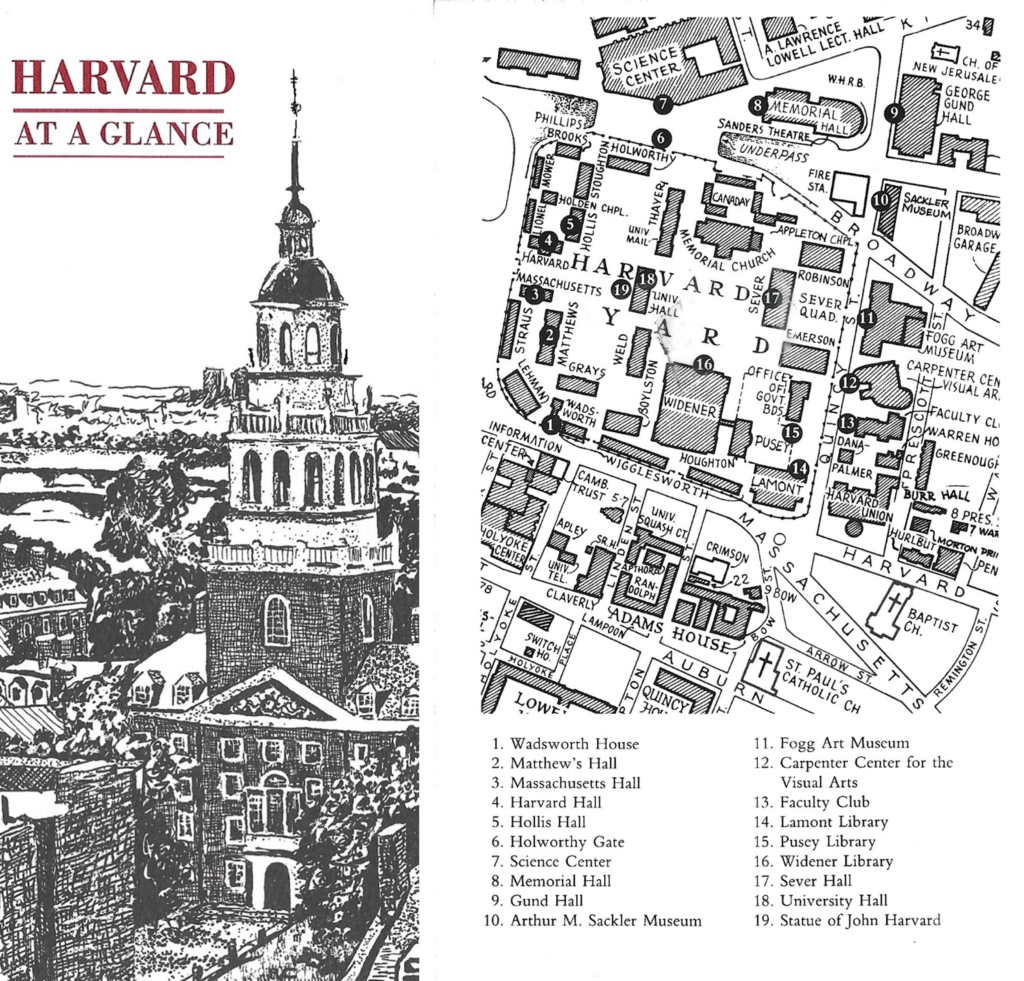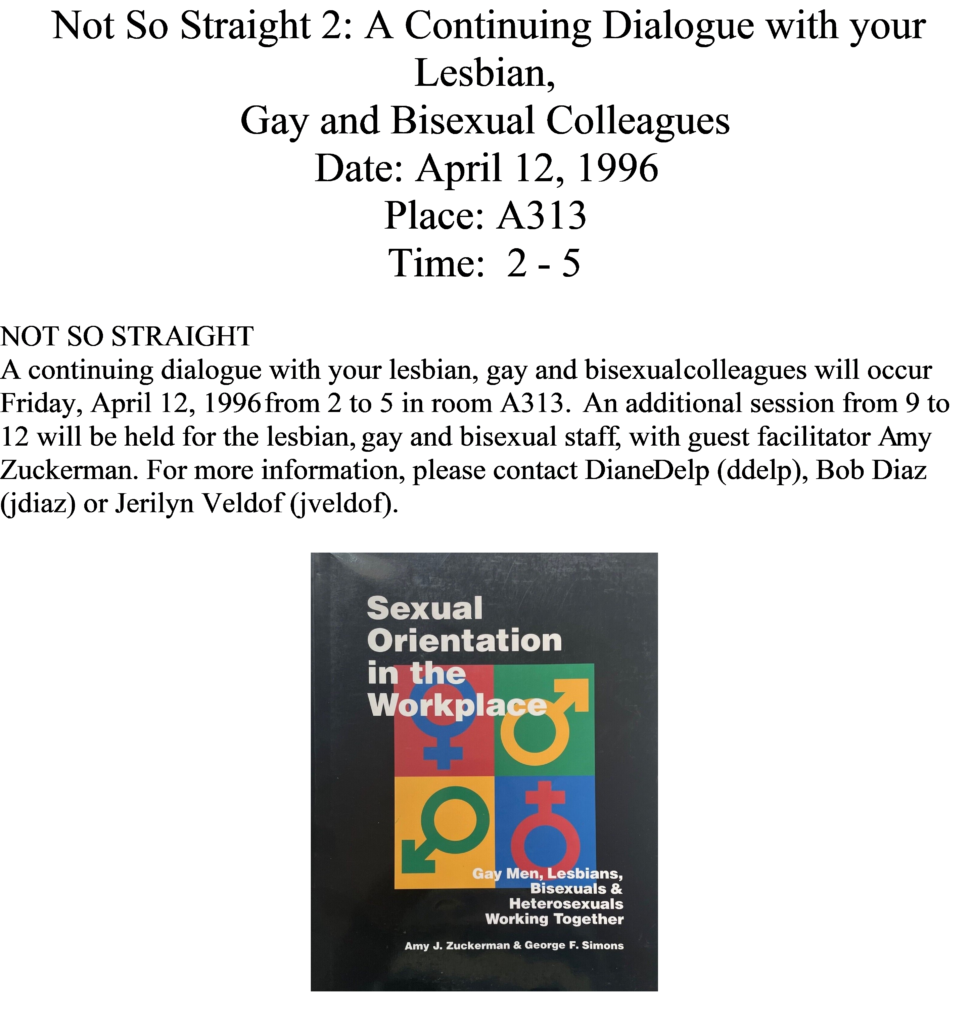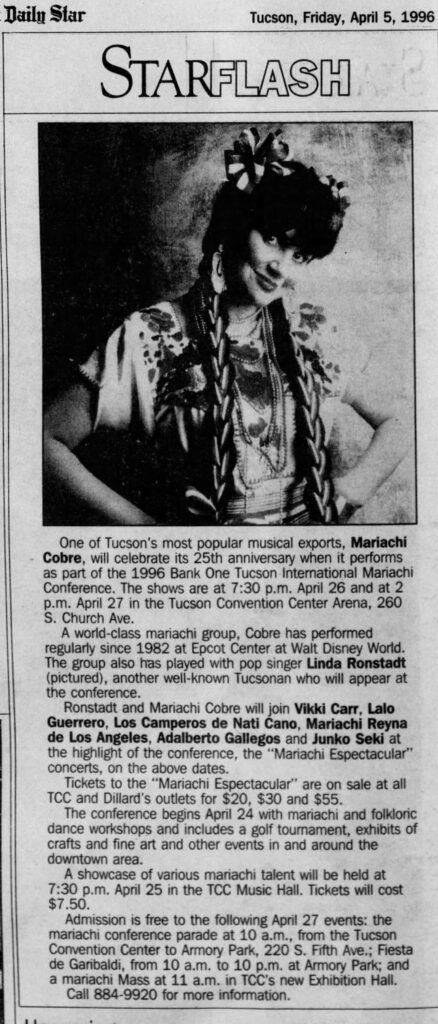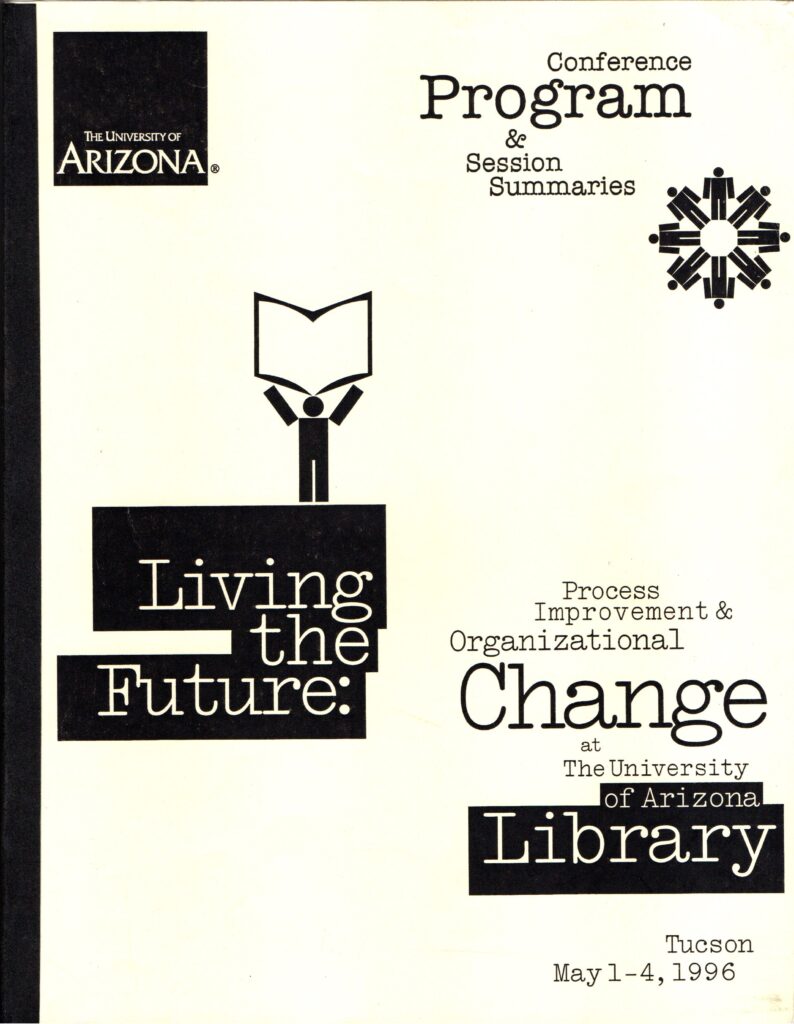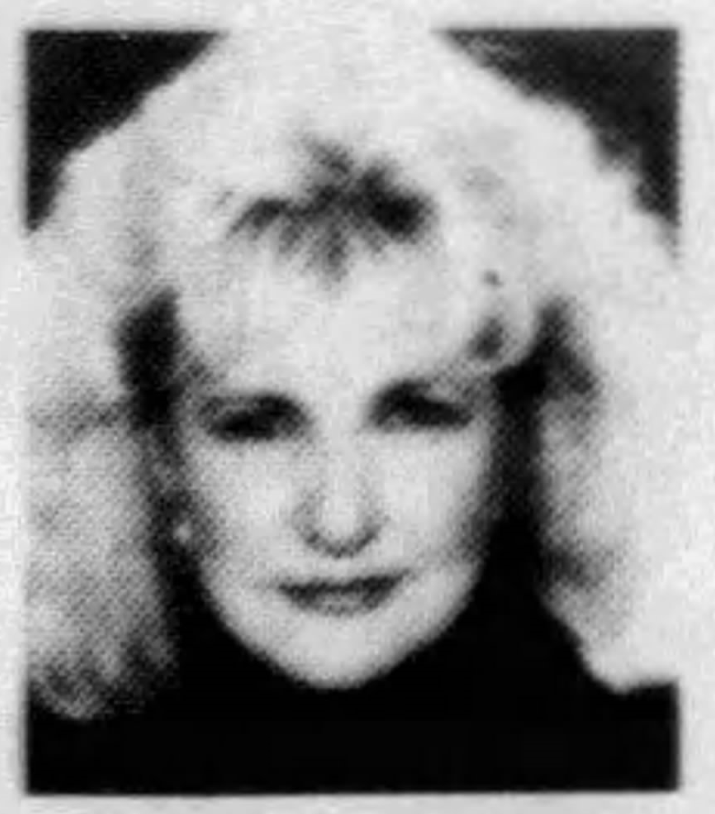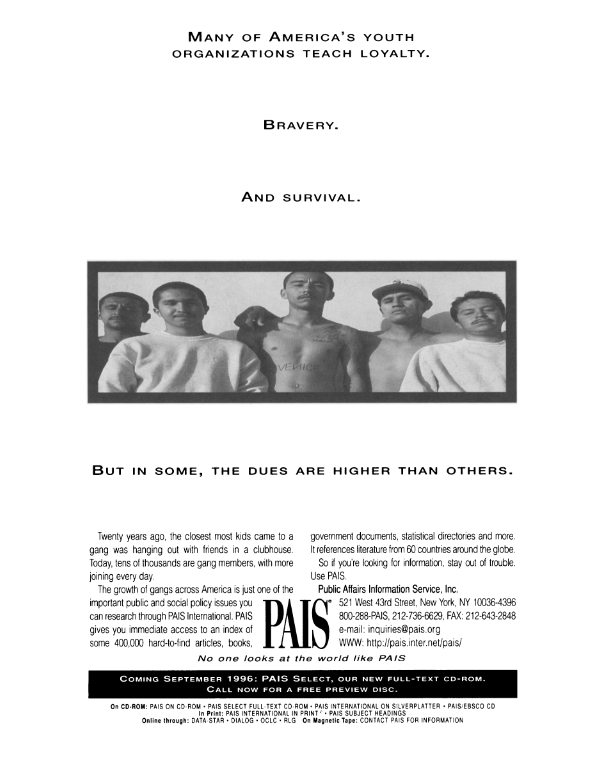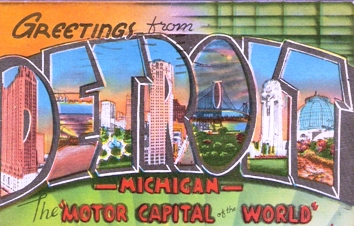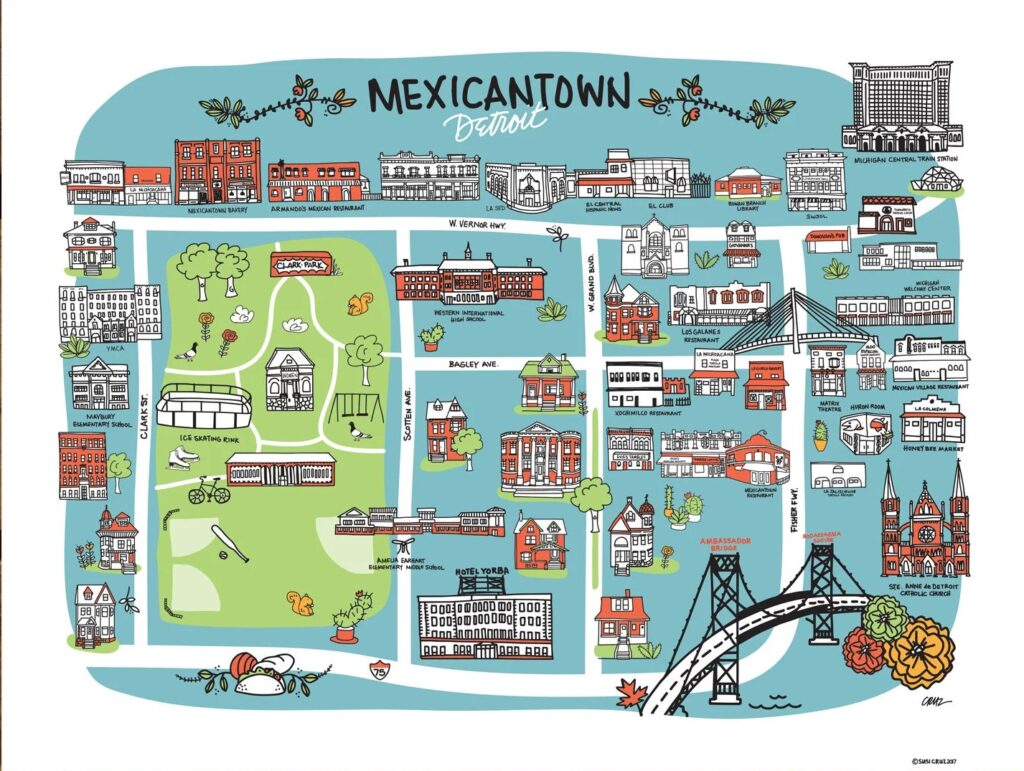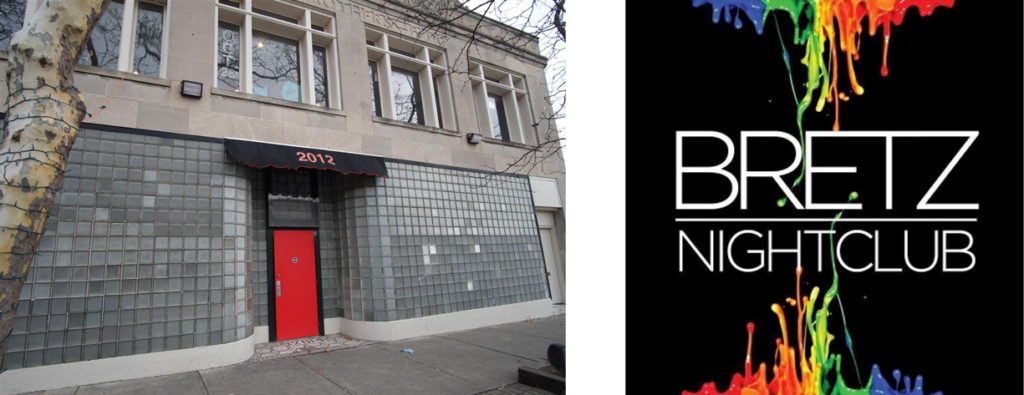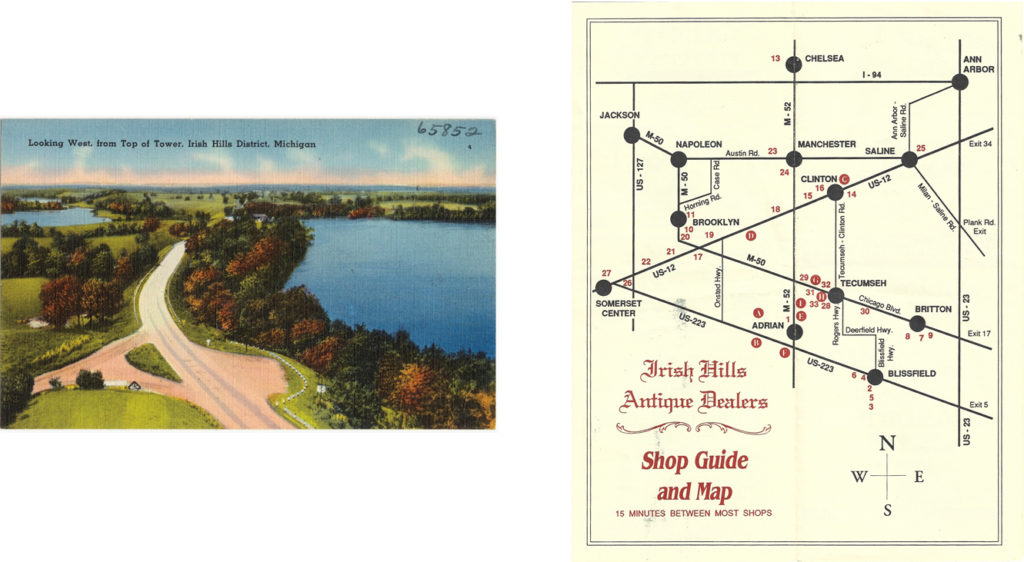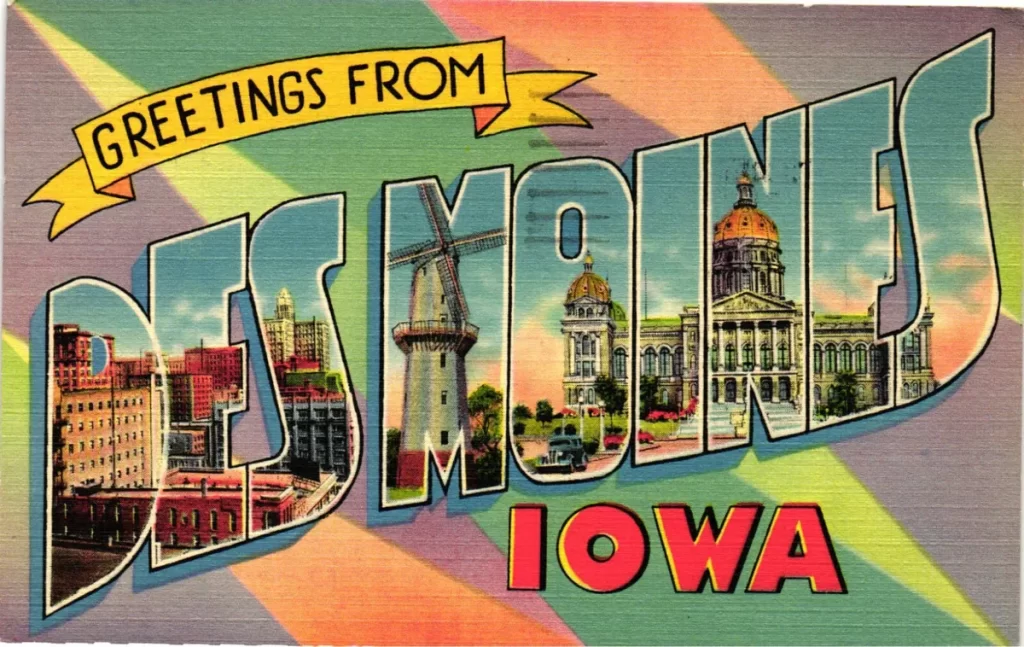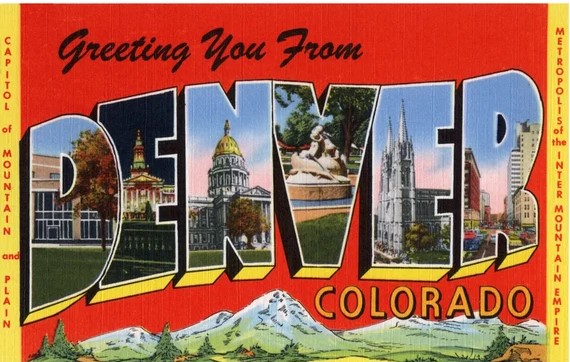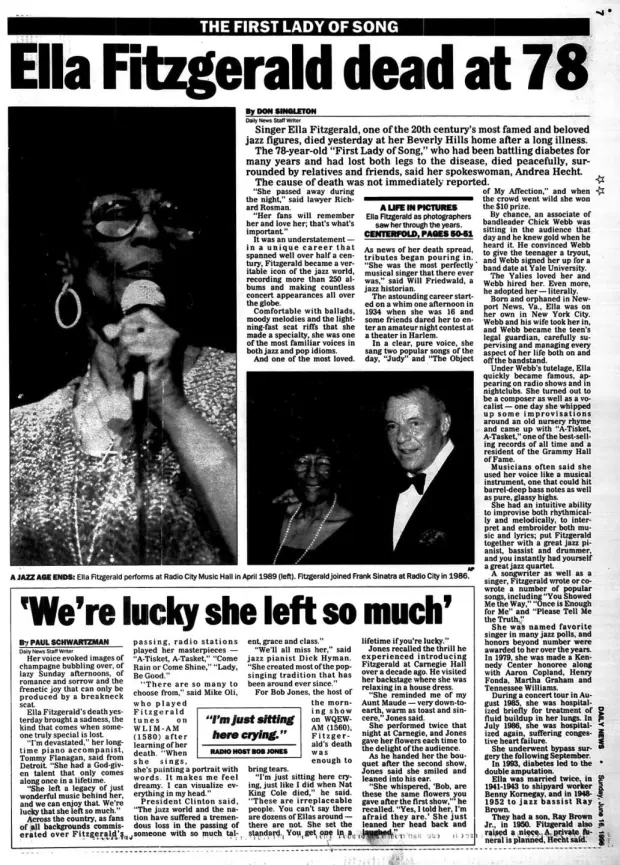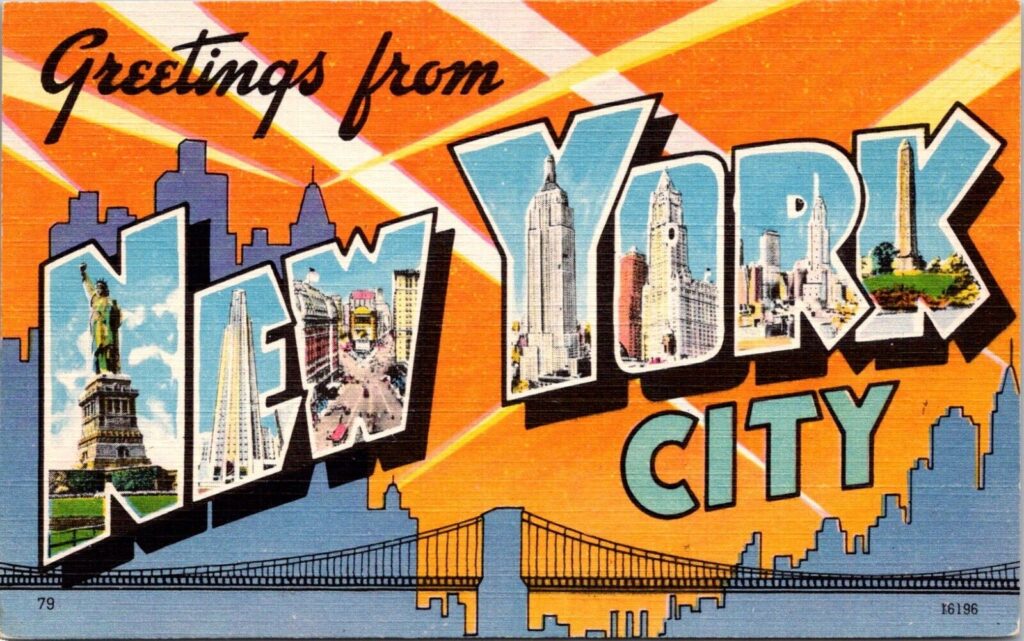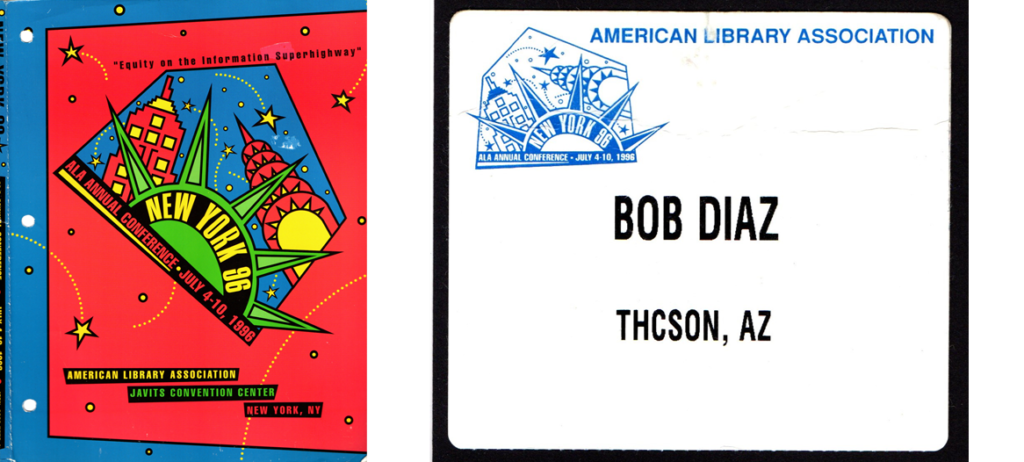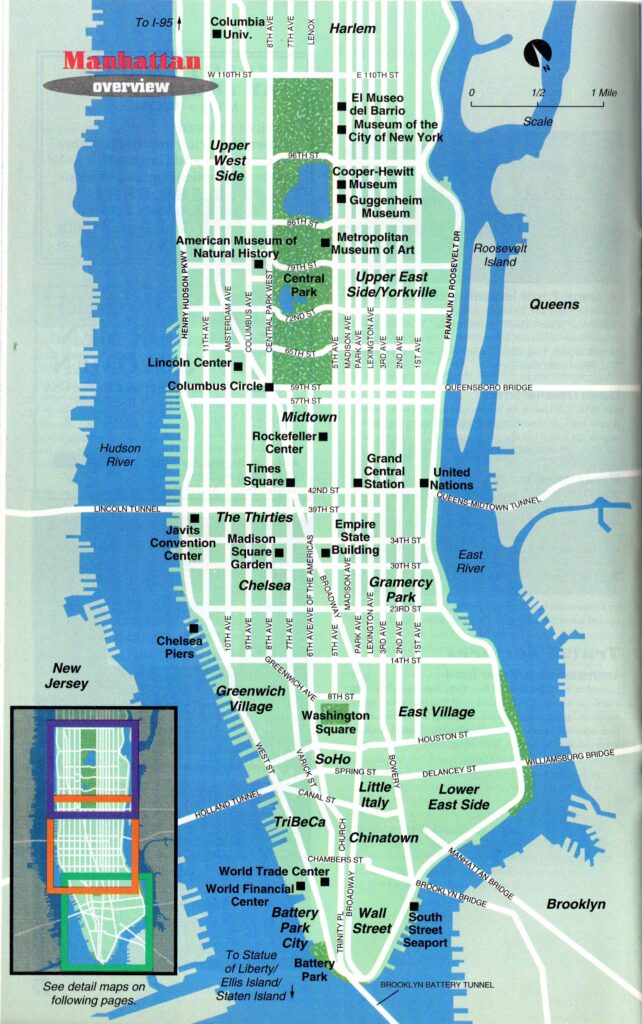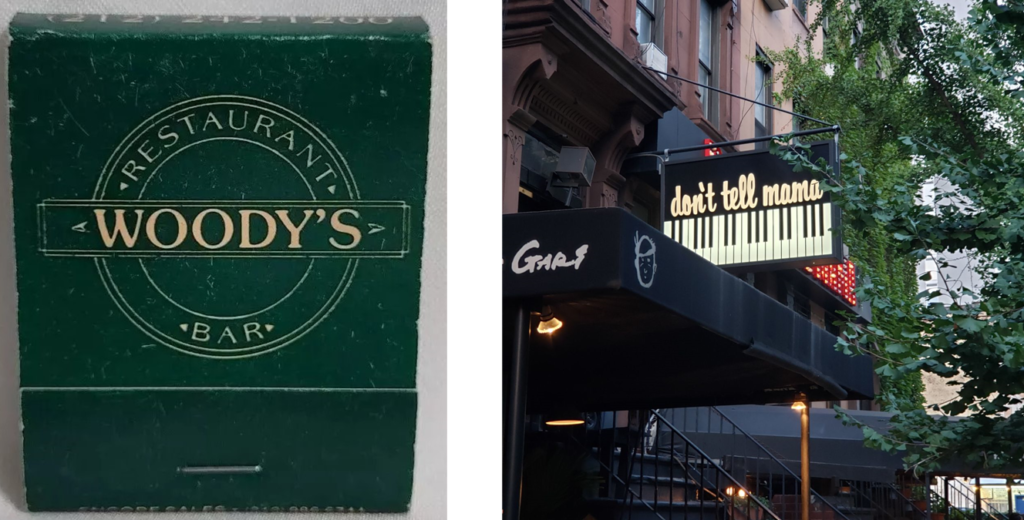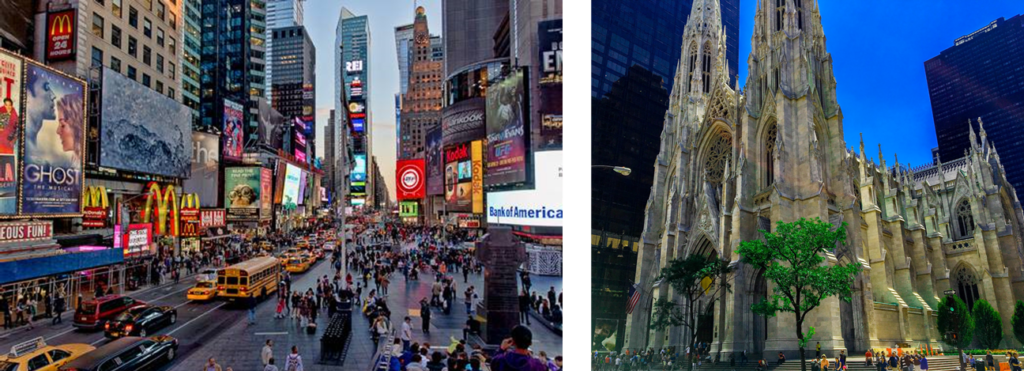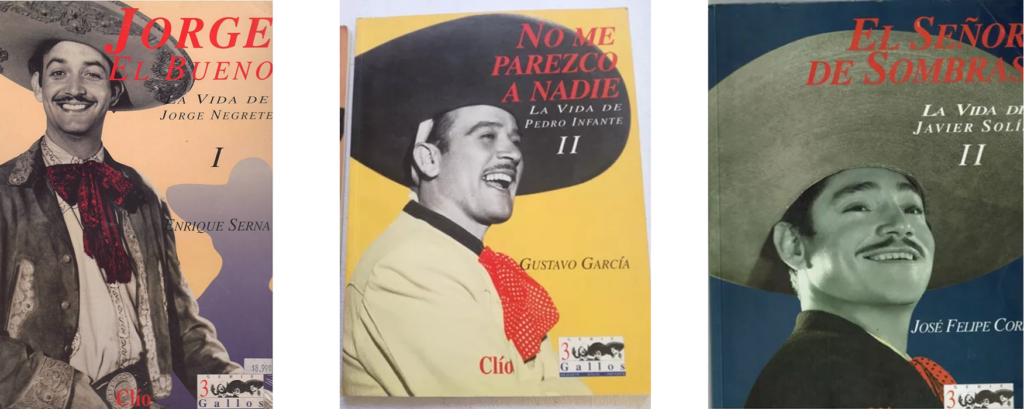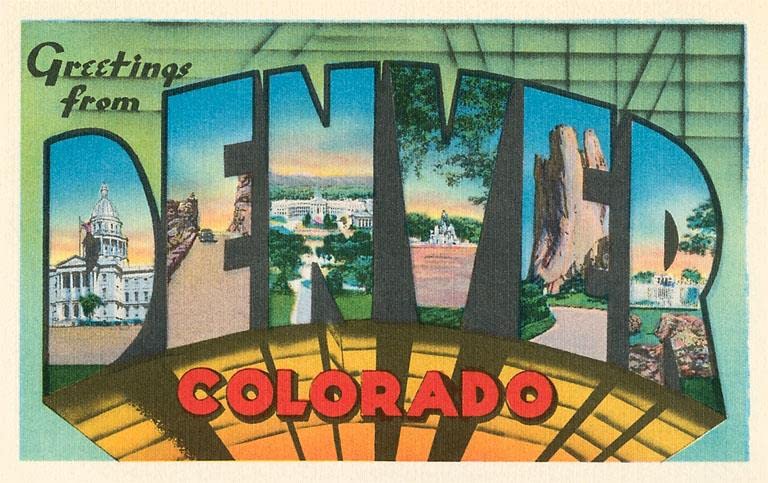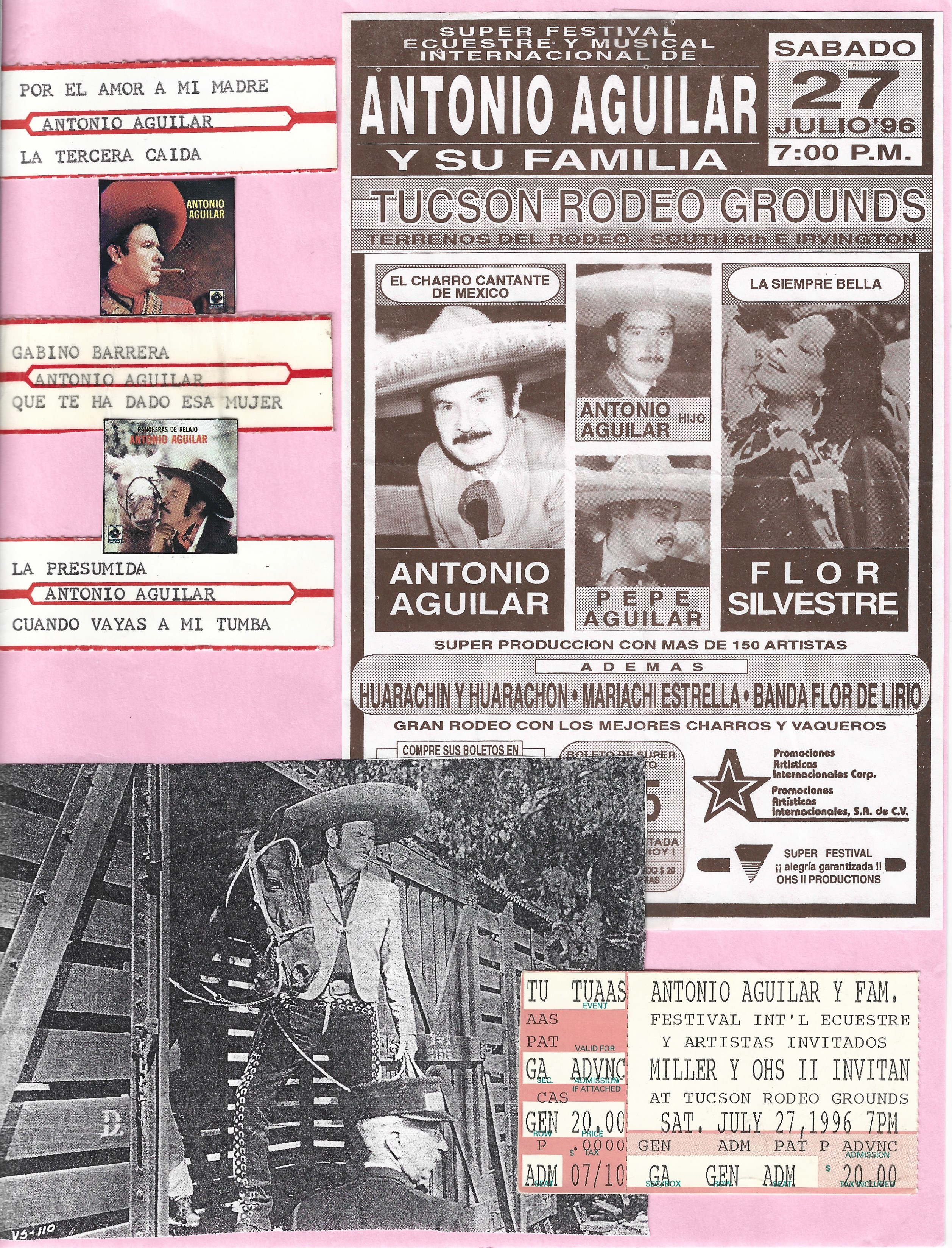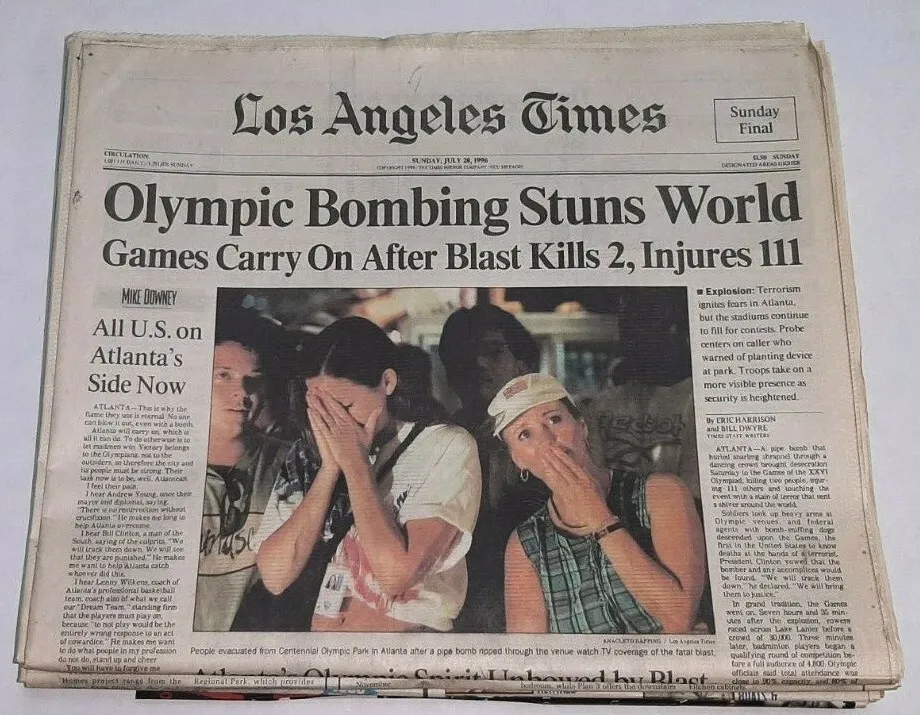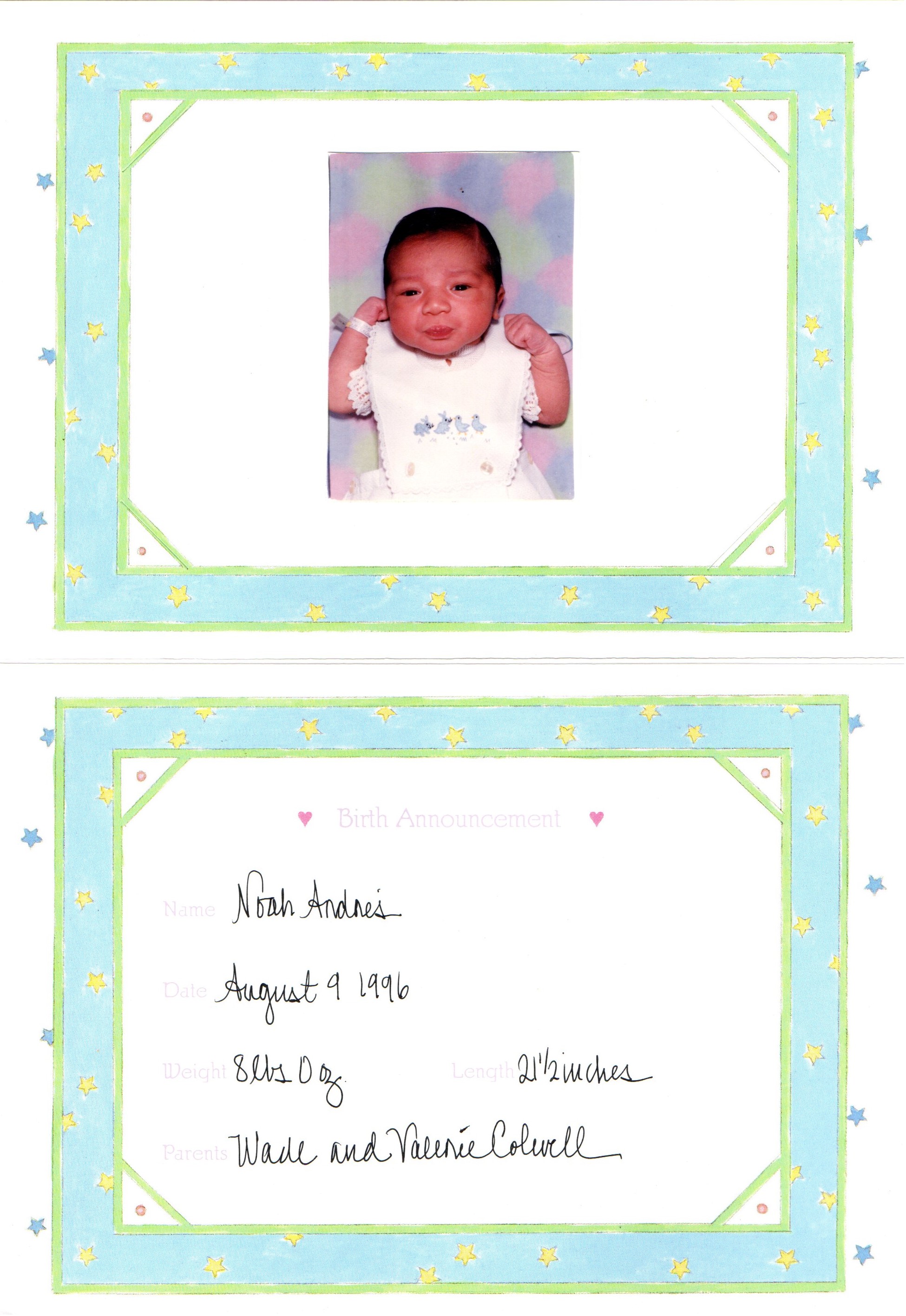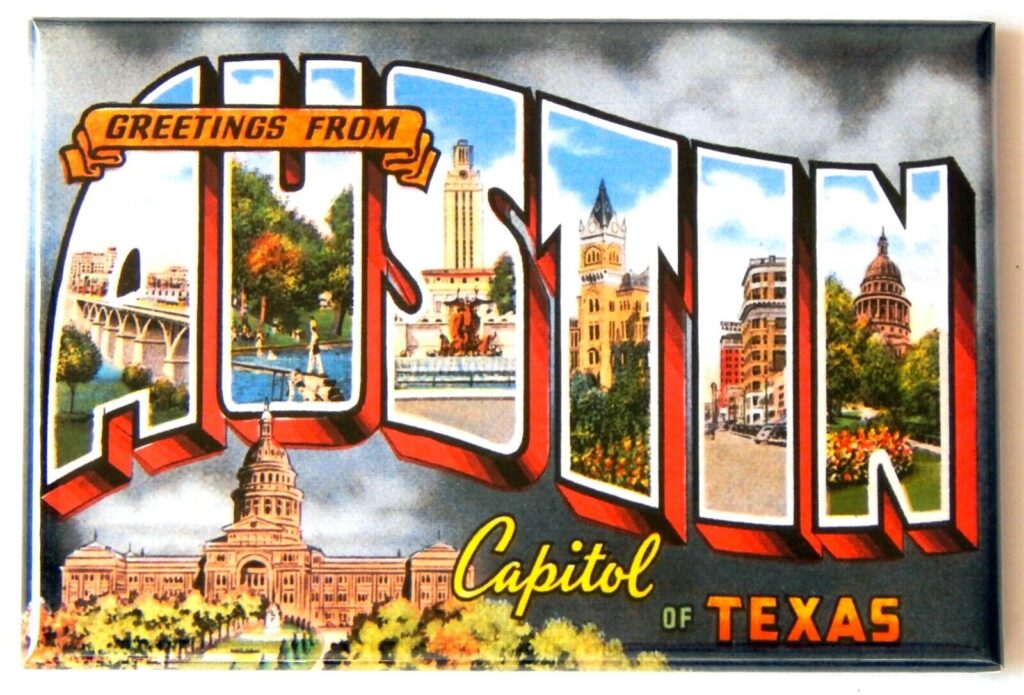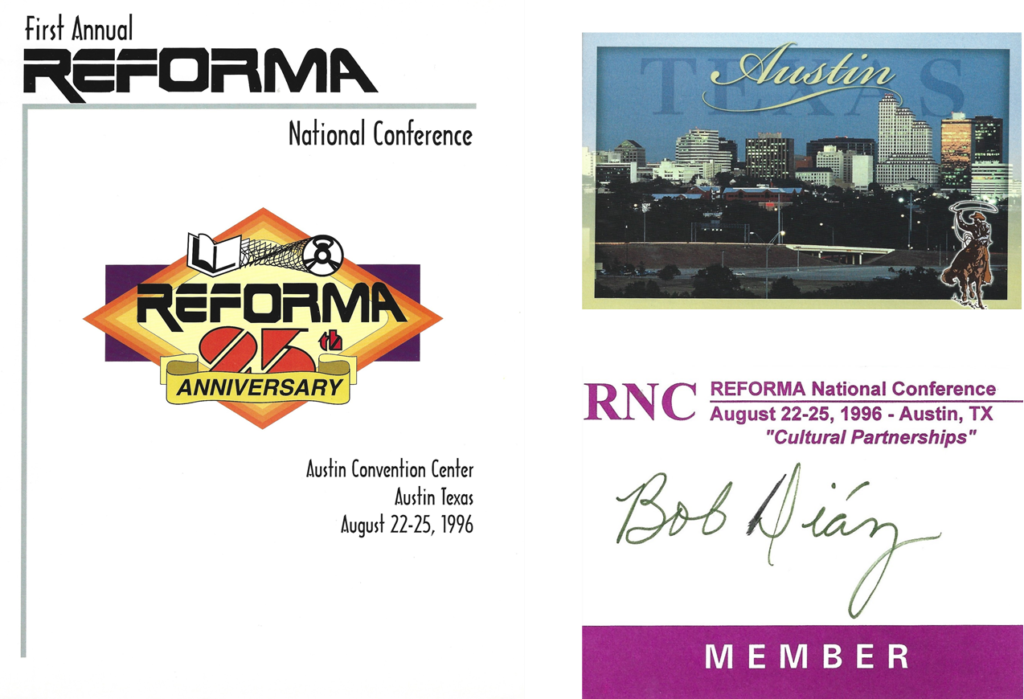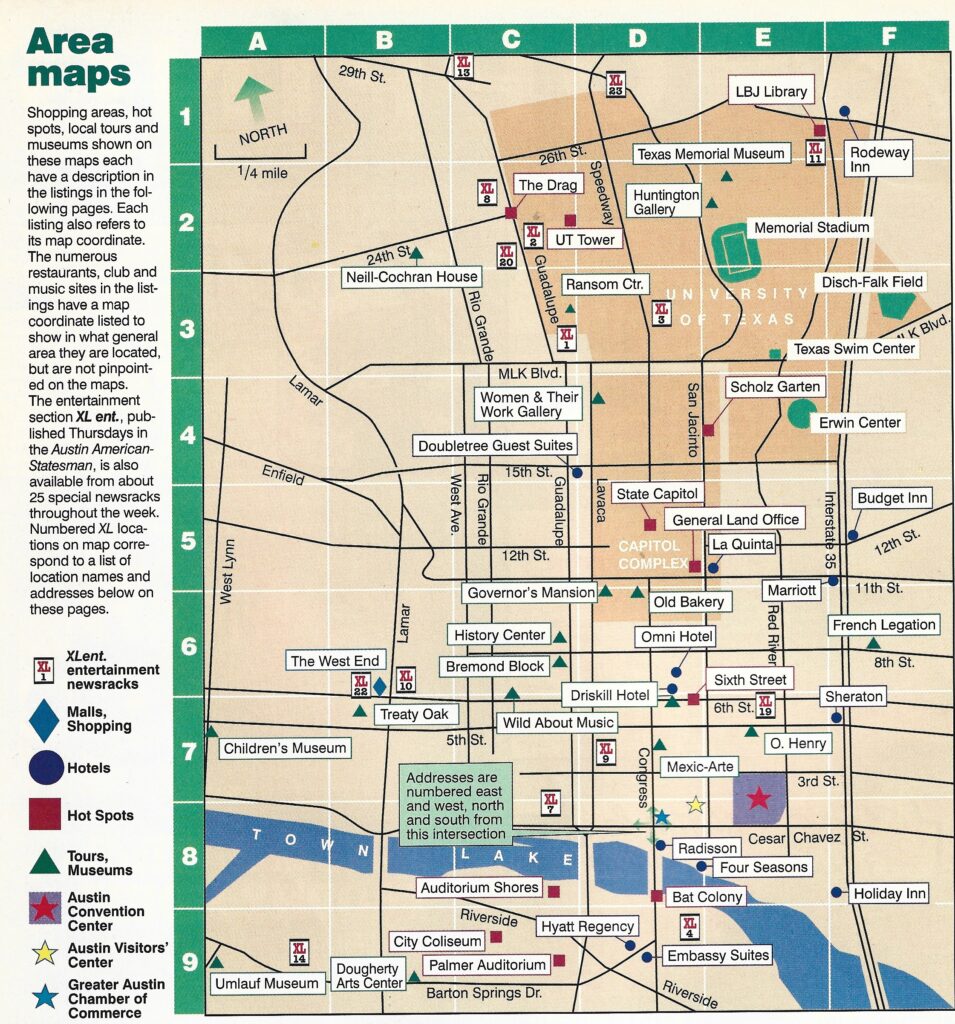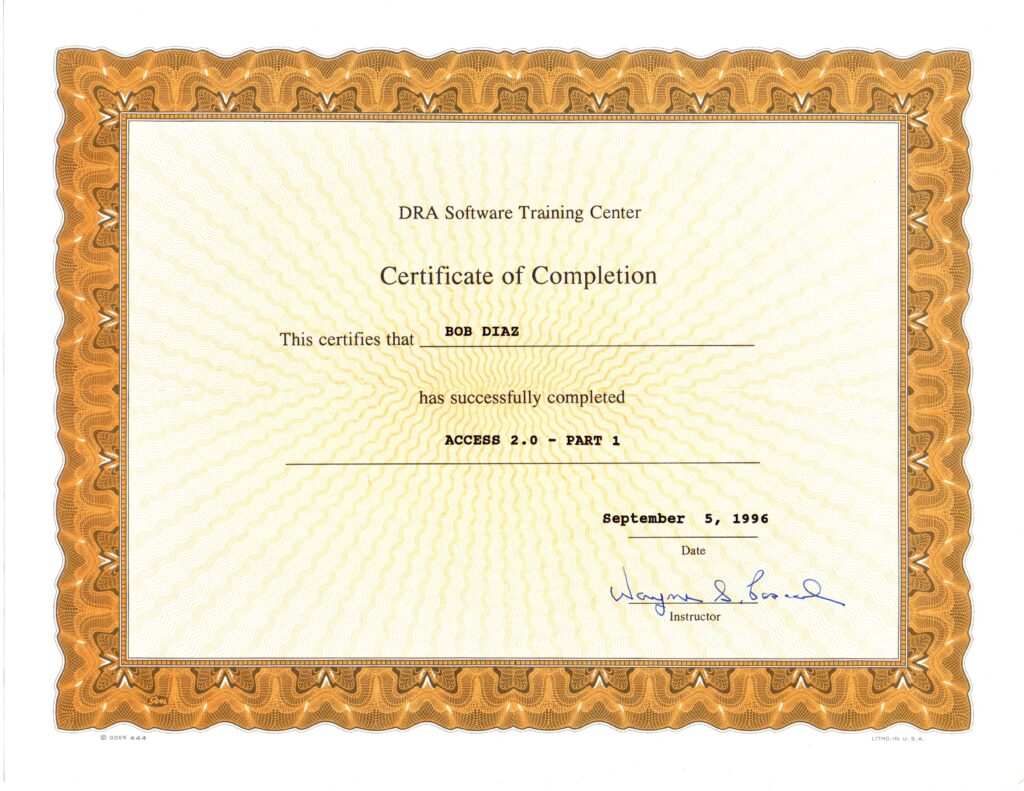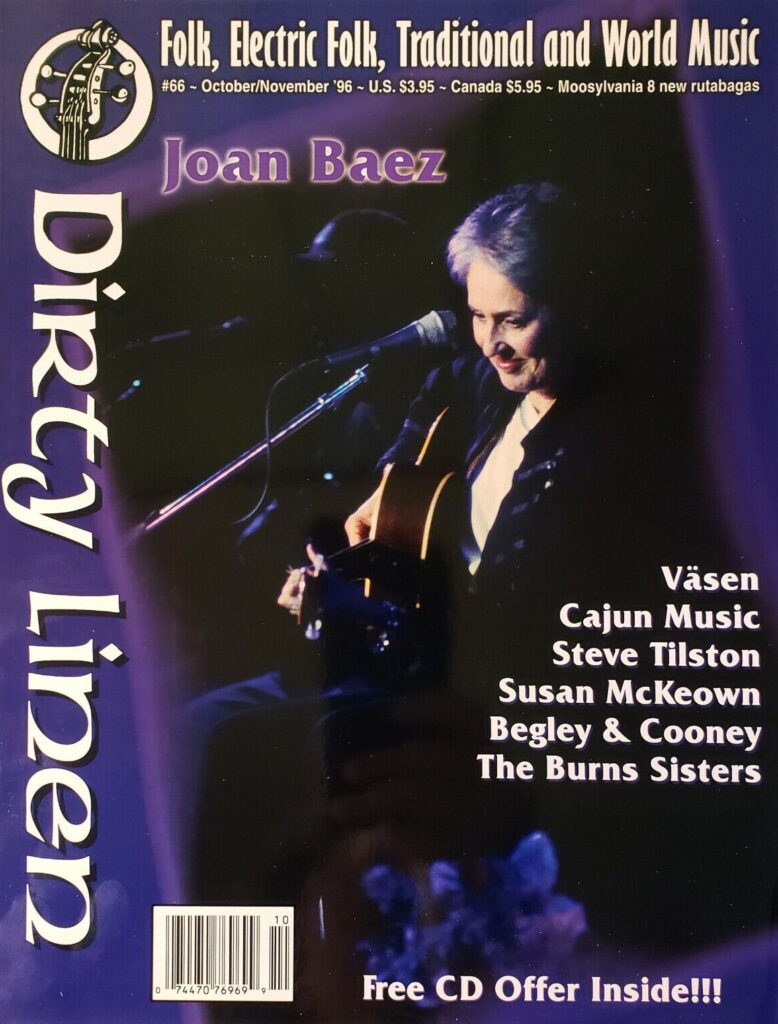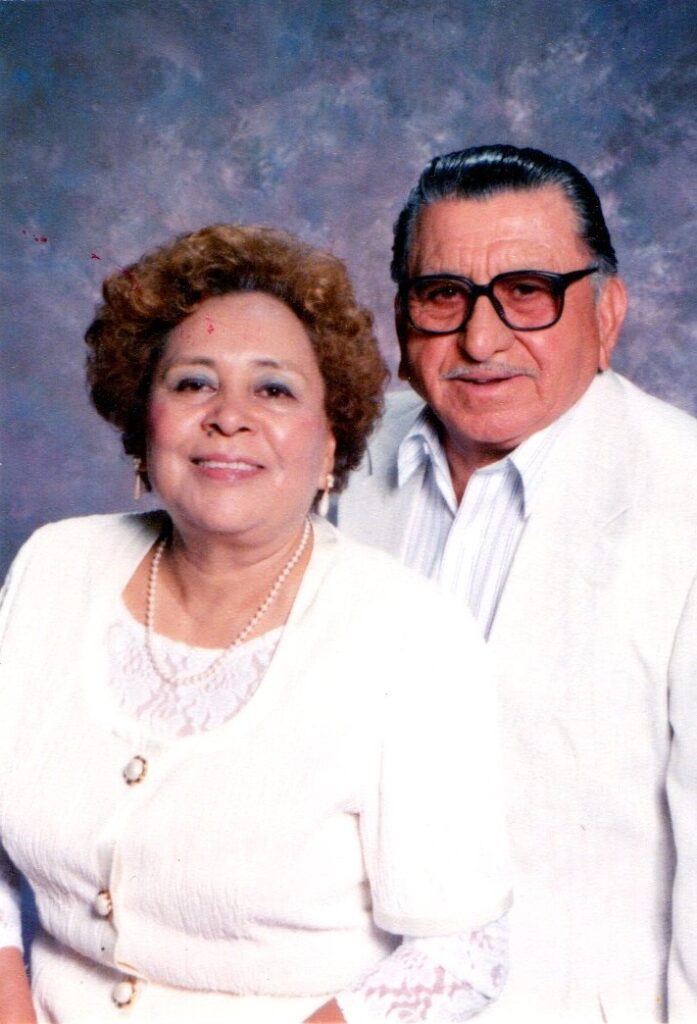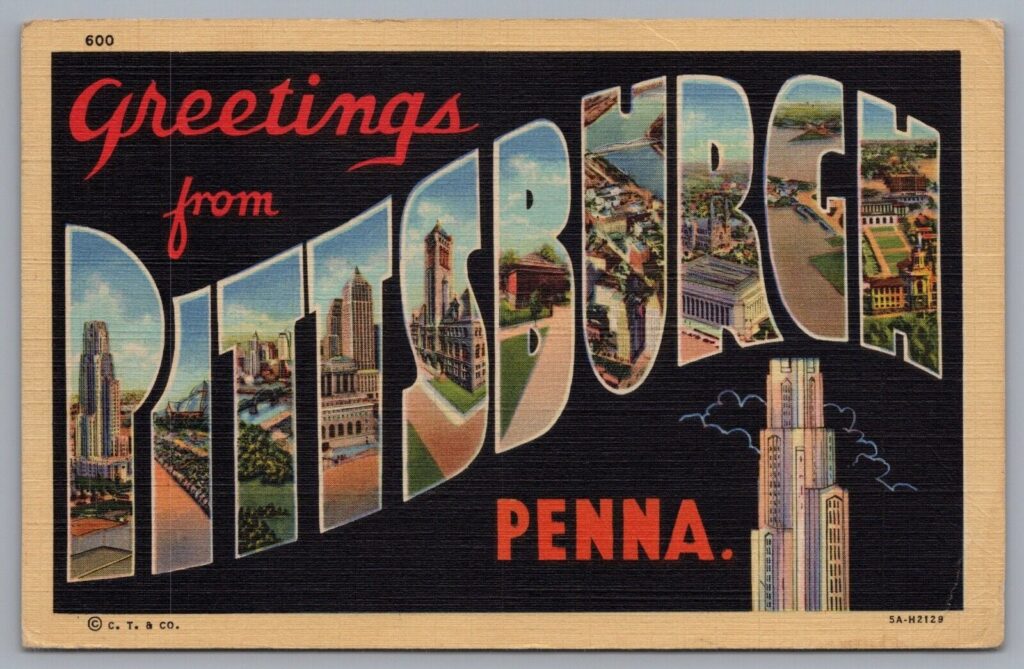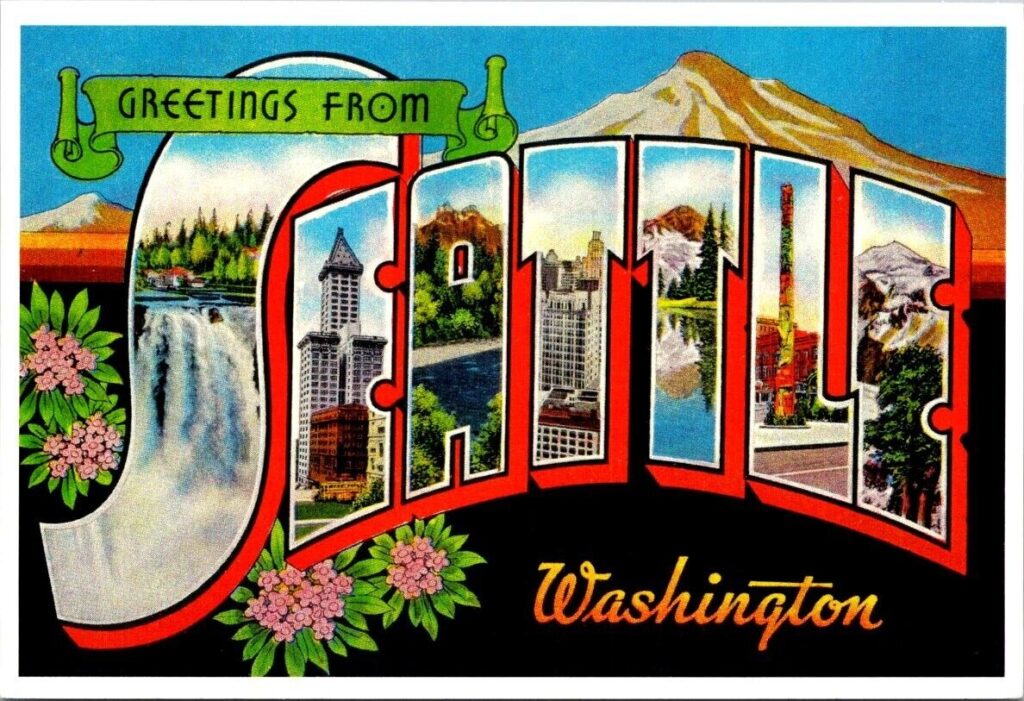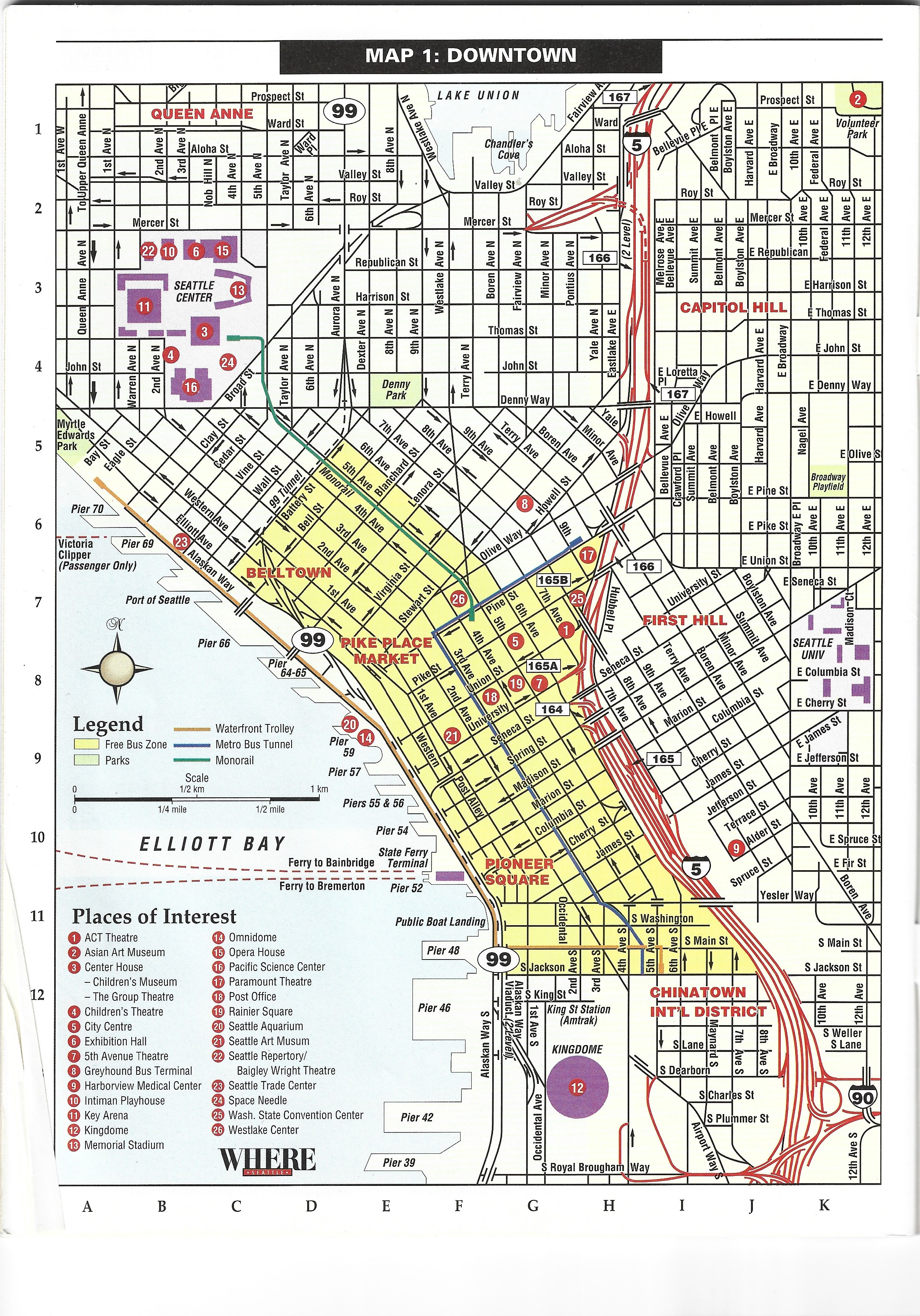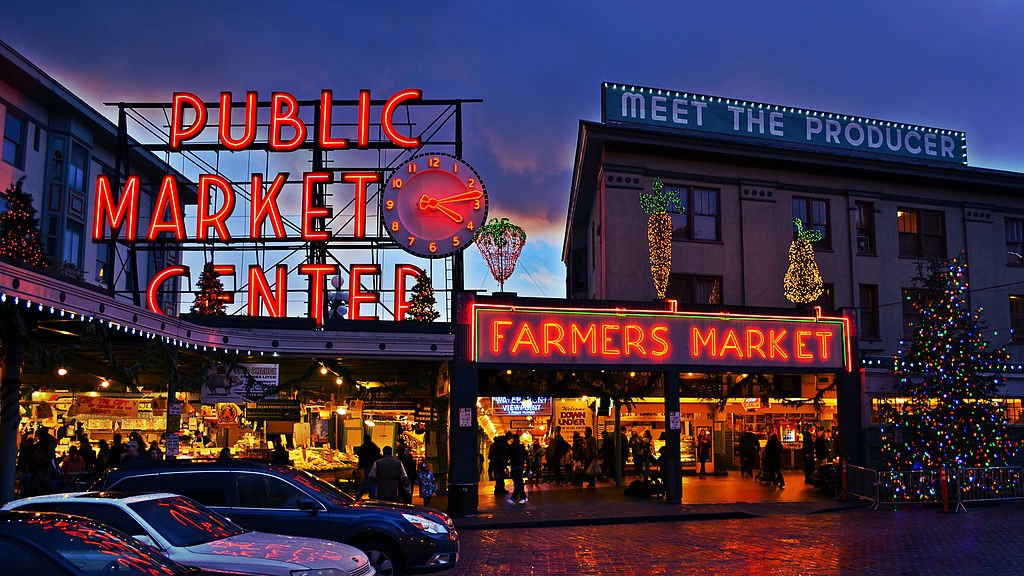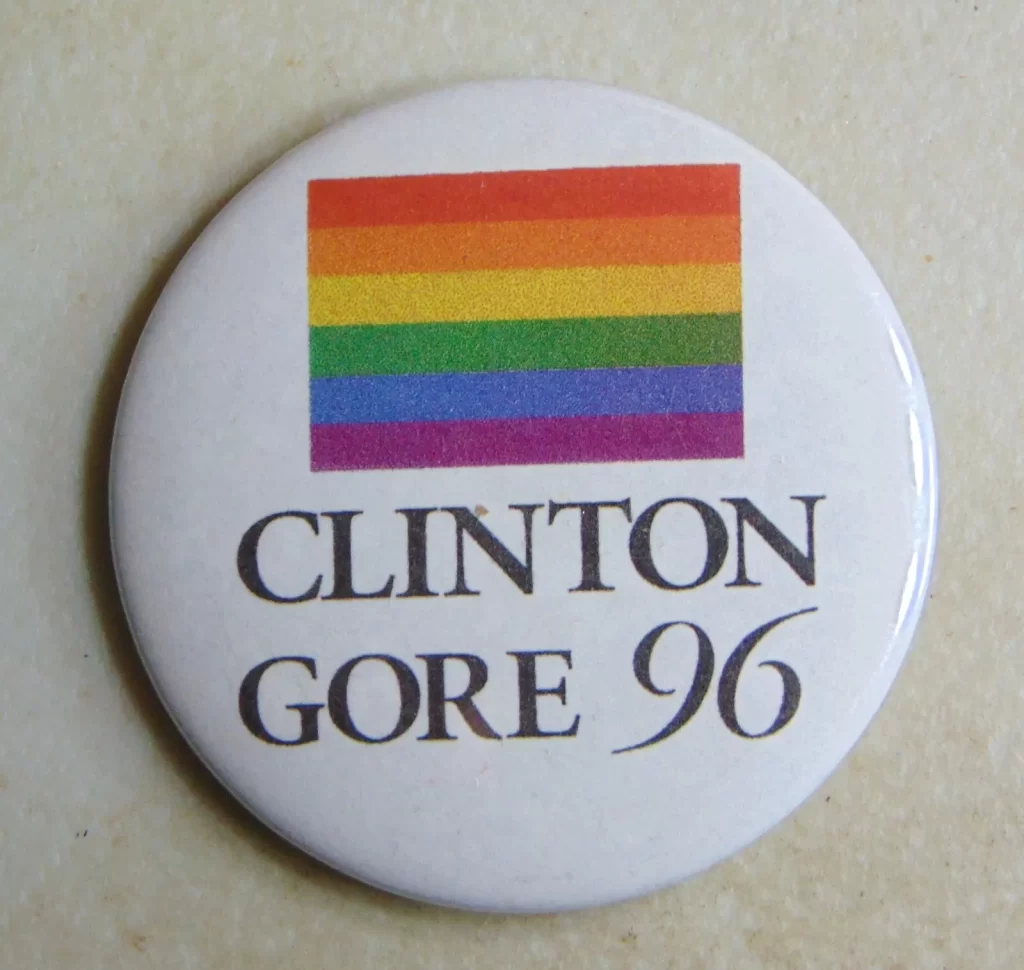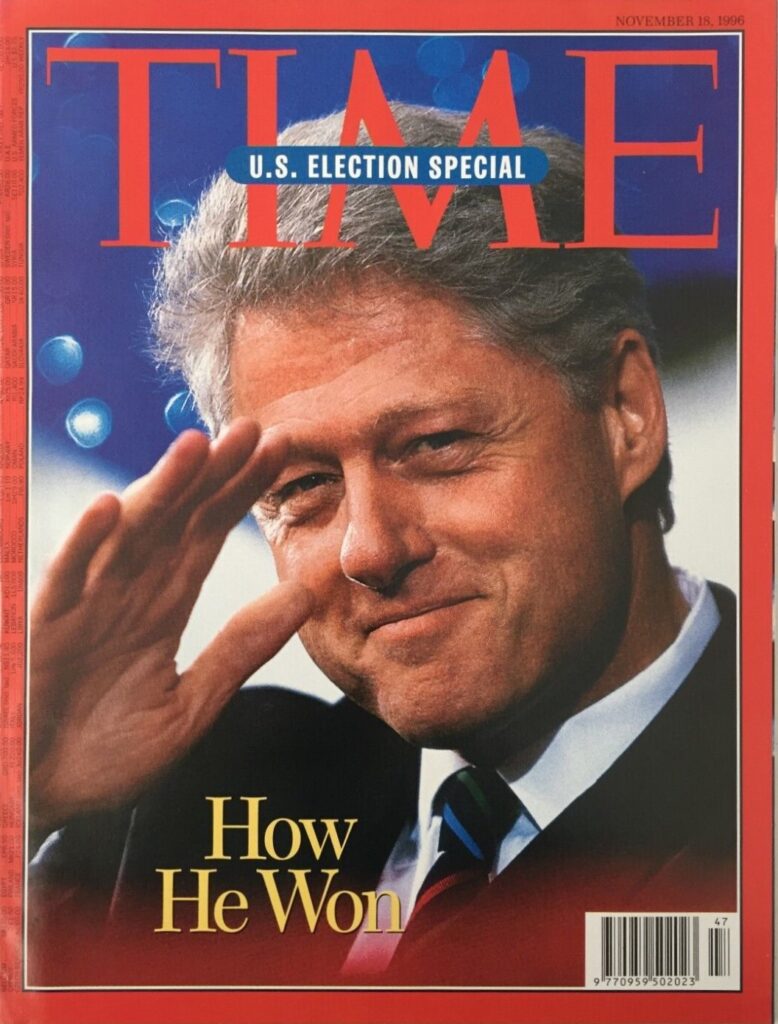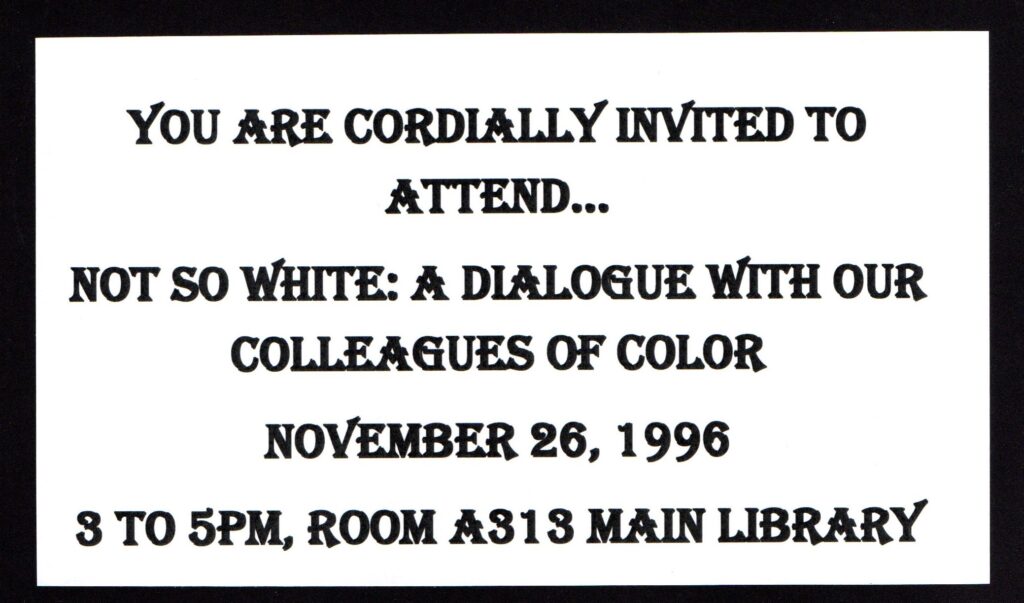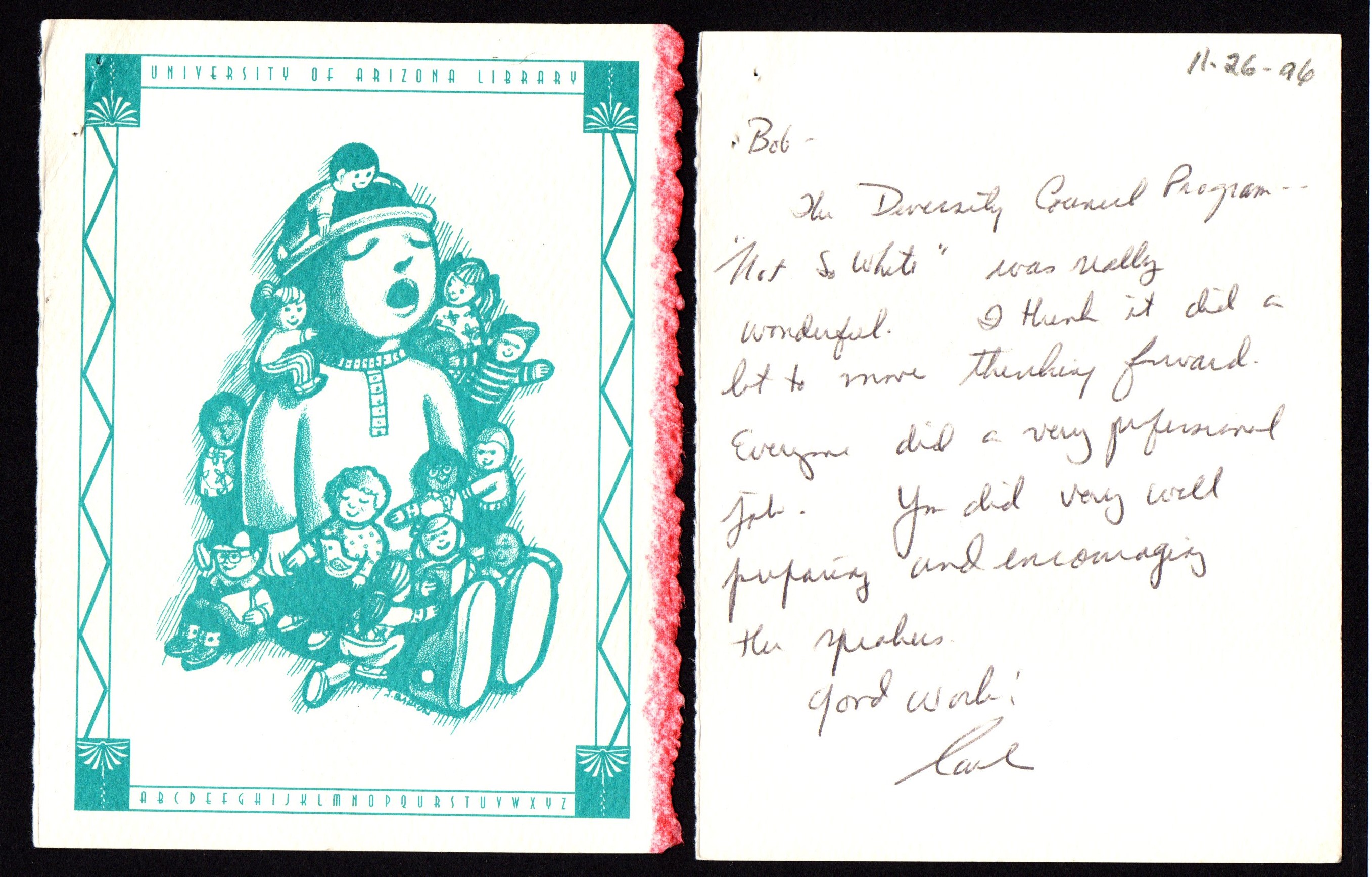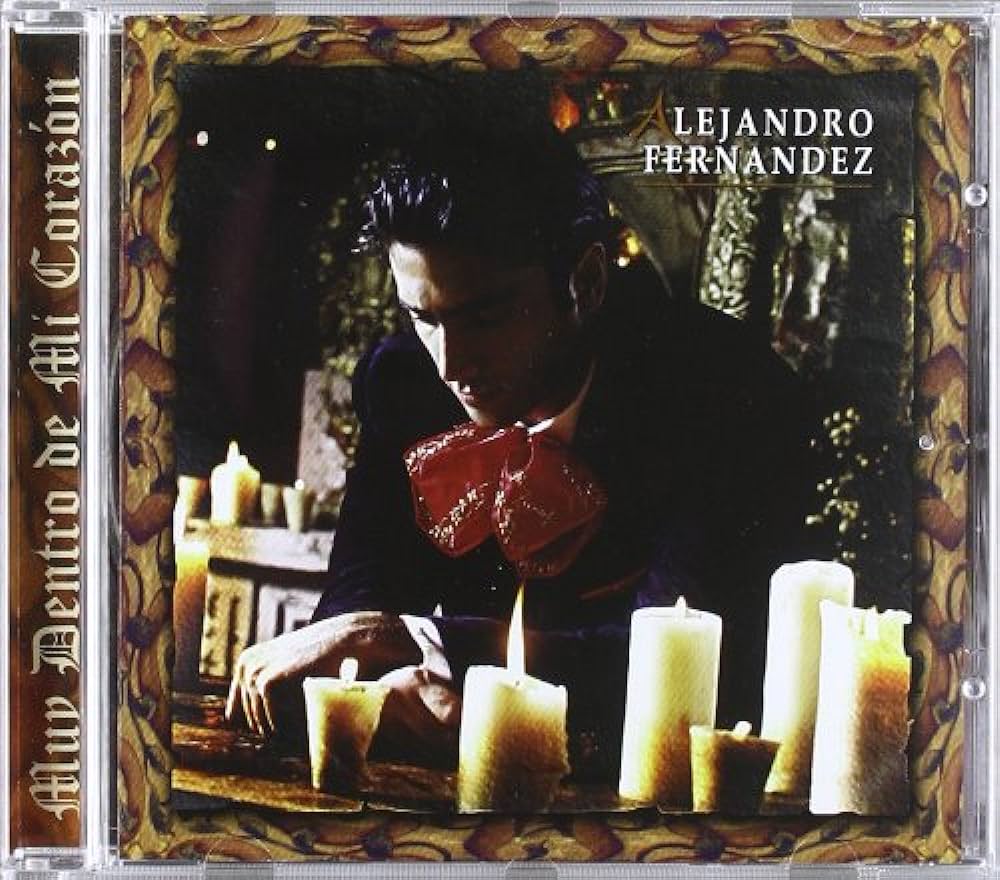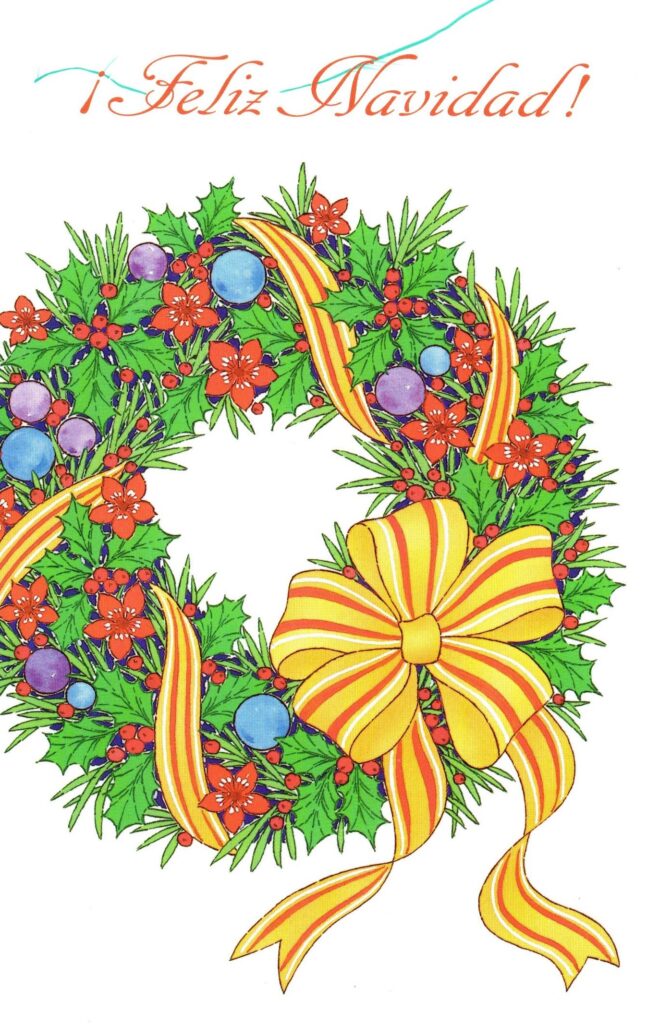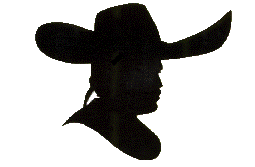Things to know up front:
You can enlarge the photos by clicking on them. Click the back arrow key to return to the post.
Every chapter in My Life Story includes information about me, my work, my family and my friends. It also includes information about events that took place locally and nationally, etc. that I thought important enough to include. You’ll also find that I’ve included films, musicians and recordings/videos, in addition to books that were released in a given year.
While I have included many personal photos, most of the graphic content included below is borrowed from the Internet. I do not claim to own this material. I am just adding it for educational purposes. If the owners of any of the content in the “My Life Story” series want their stuff removed, I am happy to oblige. My email address is jrdiaz@arizona.edu. Thanks!
Introduction
At the beginning of the year, Ruben and I were settling in well and enjoying life in our newly acquired house on 10th Avenue. We were both very busy working, filling our home up with new household furnishings, and doing other things like planting trees and shrubs around the property.
I continued juggling many different responsibilities at work. As Assistant to the Dean for Staff Development, Recruitment and Diversity, I was involved in several groups and activities. I was a member of the Library Support Team, the Change Management Support Team, the Values and Vision Team, as well as Library Cabinet. I also worked with the Library Diversity Council, the Affirmative Action Committee and the Staff Development Advisory Board. I also staffed the Library Information Desk and was a member of the UA Diversity Action Council.
In addition to taking care of my regular job duties, I was actively involved in several professional organizations and committees, including serving as secretary of the U of A chapter of the Arizona Association of Chicanos in Higher Education (AACHE), serving as a member of the REFORMA national conference planning committee, in addition to being a member of the Library Administration and Management Association’s diversity committee. I also prepared articles for publication and gave a number of presentations at conferences this year, in addition to conducting workshops on resume writing for students in the UA Library school and new staff orientation sessions for newly hired staff. It was a busy, busy time.
It’s snowin’ in Brooklyn…
New York City and the east coast got hit with a huge blizzard between January 7 and January 8, 1996. Over three feet of snow fell and claimed about 100 lives, in addition to causing over 1.5 billion dollars of damage.
January 15, 1996: My 37th birthday.
I turned 37 this year. I was in good health and had lots of energy, which is a good thing, because this would turn out to be a year filled with lots with travel. I ended up visiting seven different cities this year–San Antonio, Boston, Detroit, New York City, Austin, Pittsburgh and Seattle. Most, with the exception of the vacation Ruben and I took to Detroit, were work related
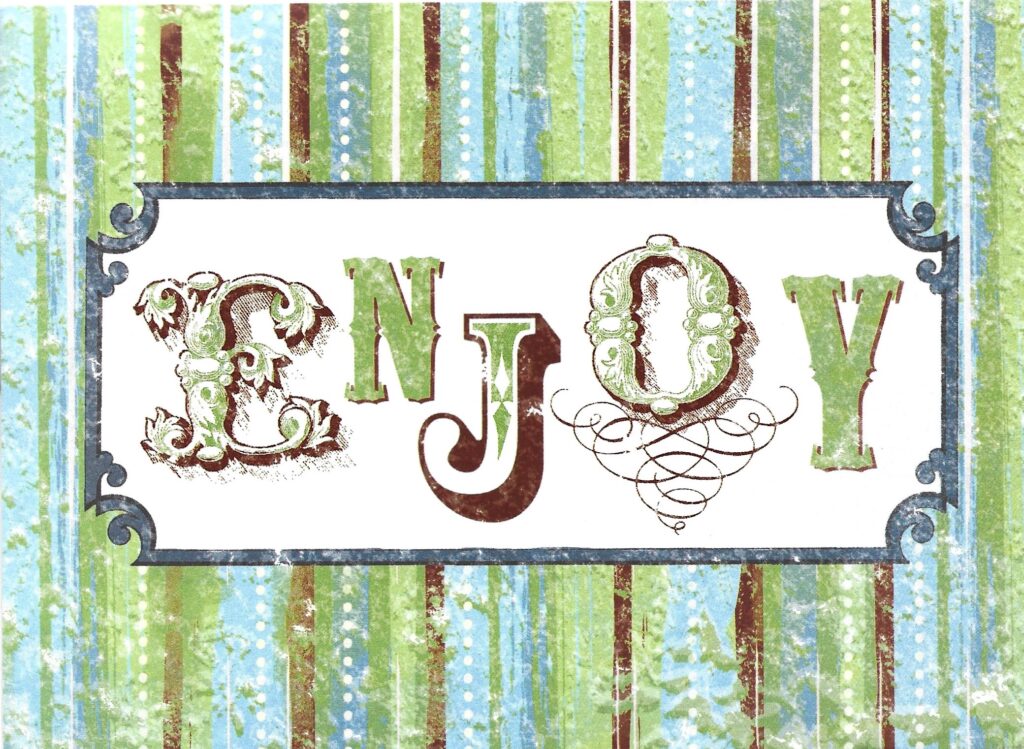
The President and First Lady get into hot water over Whitewater
In early January, Hillary Clinton was implicated in what was known as the Whitewater scandal, a real estate debacle that took place when Bill Clinton was governor of Arkansas, before he was President. Later in the month, Hillary would be called to testify before Congress, a first for a first lady. In the end, neither she or her husband were found guilty of any wrong doing.
When Clinton was elected four years earlier, liberals in this country had such high hopes, but lo and behold, when the midterm elections took place in 1994, the Republicans took over both houses of Congress and Clinton found himself with his hands tied. It was such a sad situation. Many of his policies, such as those dealing with gay rights and public assistance, took a turn to the right. As a result, we got Don’t Ask Don’t Tell, and a much stricter welfare system.
Clinton won the election in November ’96, but it was later revealed that he had an affair with Monica Lewinsky. The republicans had him impeached, bit it didn’t stick. He served out his presidency until 2000, leaving the country with a budget surplus, unlike his predecessor, George Bush Sr.
January 20-24, 1996: ALA Midwinter, San Antonio, TX.
My second trip to San Antonio since I started attending ALA conferences in 1989 took place between January 19 and 25, and I had a great time. The weather was perfect, if I recall correctly!
I had a lot of committee meetings this time around and attended a number of interesting programs. I got to hear both Isabel Allende and Sandra Cisneros speak, and having the opportunity to a concert by the great Tejana troubadour, Tish Hinojosa, in the brand new downtown branch of the San Antonio Public Library was the absolute icing on the cake.
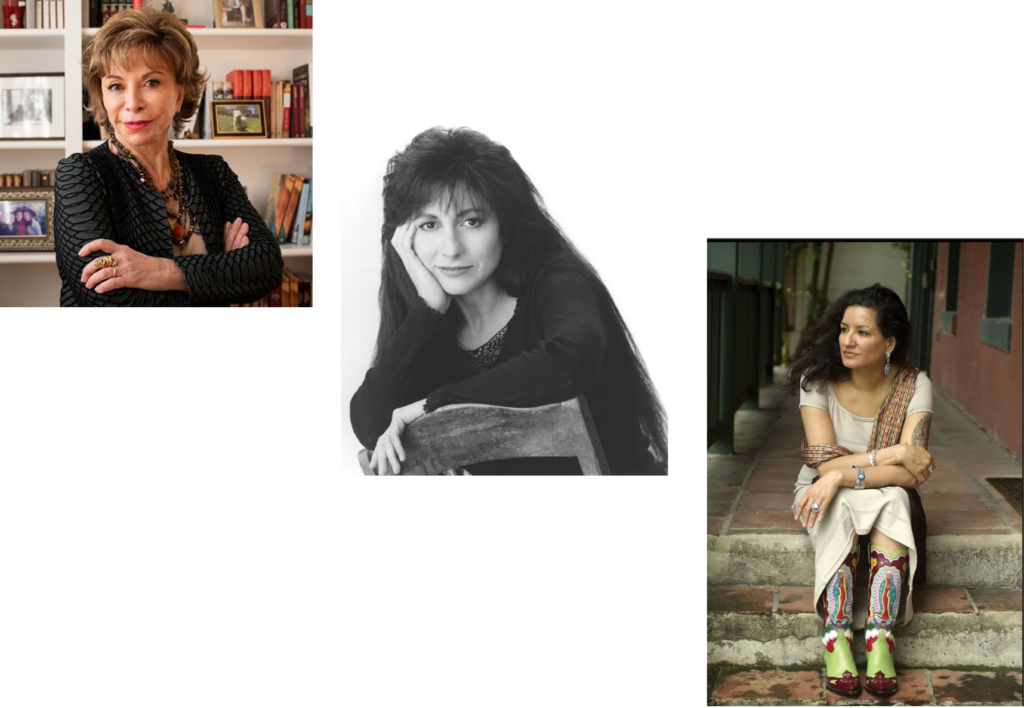
I also visited a couple of churches, including St. Joseph’s Church and the San Fernando Cathedral. I try to find Catholic churches with beautiful altars whenever I visit other cities.

In addition to attending ALA events and visiting churches, I was able to spend time with my friends Linda TerHaar and Karen Downing. Karen and I visited the Institute of Texas Cultures, a wonderful cultural museum walking distance from downtown.

Linda and I went on a boat ride together on the San Antonio River in the middle of the day. It was fabulous!

I ate lots of good Mexican food at places like Ninfa’s and Mi Tierra, but also had Cajun food at Boudro’s with some ALA colleagues. I did a lot of shopping too. There were a lot of great little shops in Market Square and antique and record stores downtown.

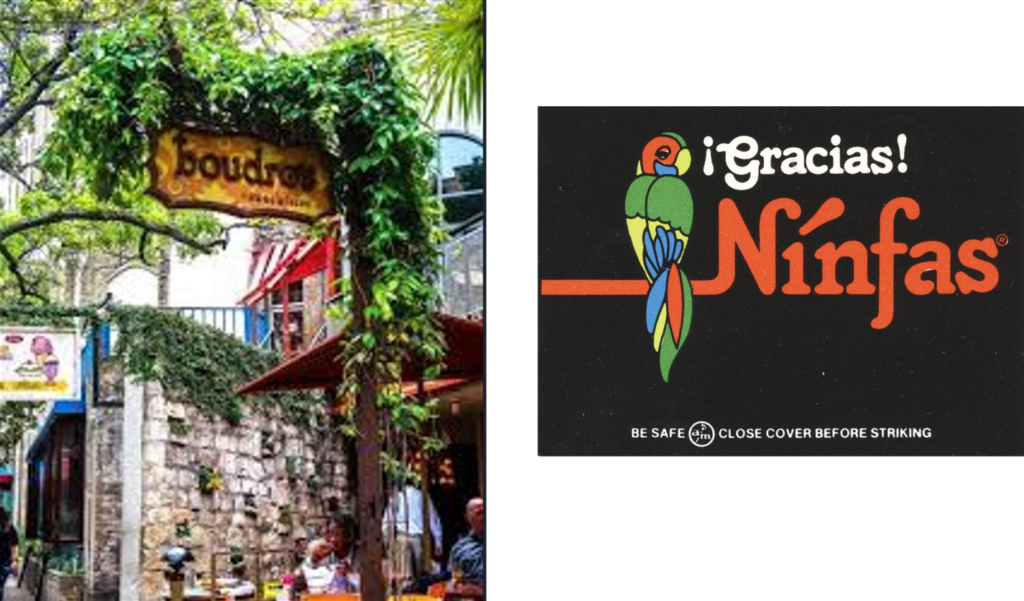
While most of the more popular gay bars like Pegasus were on a strip on N. Main, north of downtown, there were a few right in the downtown area. I had a great time visiting the Captain’s Crew and El Jardin. There were lots of great looking men all over the place!
2-13-96: Jackson Browne released Looking East and embarks on a world tour
Looking East, by Jackson Browne, was released on 2-13-96. His eleventh album, it peaked at number 36 on the Billboard charts. The album includes some great tunes, such as I’m the Cat, Niño, and Alive in the World, in addition to the title cut. Over the course of the year, Browne embarked on a world tour to promote the album. He is one of my all-time favorite singers and is just as handsome as can be.

This is from Jackson’s album Looking East. What a great tune!
This song reminds me of his other Latin flavored tune, Lawless Avenues. He sings parts of each song in Spanish, and he does a pretty good job at enunciating the words properly. Good for him.
Transborder Library Forum: February 15-17, 1996
The Sixth Transborder Library Forum was organized by librarians from the University of Arizona, and it brought together librarians and library workers from throughout the Southwest and Mexico. While I didn’t give any presentations, I did attend several programs and made lots of new friends. The librarians and library workers from Mexico were a great bunch of people. I spent an entire evening with them partying and playing music. It was a memorable occasion.
Chinese New Year Celebration at the Library, The Year of the Rat.
The Library Diversity Council was a great group to work with. Each year, membership changed a bit, and this year’s group was exceptional and great to work with. In February, A Chinese New Year celebration, sponsored by the Diversity Council, took place on Tuesday February 20, 2:30-4 PM, in the Main Library in rooms A313/4. Diversity Council members Erika Williams, Cecilia Poon and Maureen Gray worked with other colleagues to coordinate the event, and were praised by Carla Stoffle, the Dean of the Library, for their efforts. There was lots of delicious food, games and other activities.
Richard Lucier visit: February 23, 1996
As staff development librarian, part of my job involved coordinating speakers’ series that introduced the Library staff to new concepts and ideas. For example, the previous year, I arranged visits by E.J. Josey, Barbara Ford and Kriza Jennings, all well respected leaders in the profession. This time around, I worked with a planning committee of library staff to coordinate a program and a day long series of meetings on February 23, 1996 with Richard Lucier, Head Librarian a the University of California at San Francisco, who spoke about “knowledge management” and the “digital library”. These were novel and innovative concepts at the time, and Mr. Lucier was leading the way in helping libraries adjust to the new technologies and possibilities that digitization had brought to the world. His visit was very well received. There was still much to learn, however, and we continued to bring experts to the Library to help us adjust to the ever changing information technology landscape.
MY FOURTH YEAR REVIEW
At the University of Arizona Library, librarians are usually hired as members of the general UA faculty, and they are eligible to receive continuing status, which is similar to tenure. This means, in practical terms, that once a librarian is granted continuing status, they are guaranteed a “job for life” at the University, unless they seriously violate University policy or the State declares a financial emergency. In order to attain continuing status, one has to do well at their primary job in addition to engaging in scholarship (writing for publication, giving presentations and regional and national conferences) and service (active involvement and leadership in regional or national library organizations and committees). A series of reviews takes place, one at two years, another at four years, and a final one at six years, at which point, continuing status is granted, or not. If a candidate is not granted continuing status, they are usually given a year to prepare their departure. The two and four year reviews are intended to let the candidate know how their supervisors and peers perceive how well they are doing in the three areas mentioned above, and whether or not they are on track for attaining continuing status. Feedback is given to the candidate that is intended to help them improve in areas of perceived “weakness”.
I prepared my four year review packet and updated my curriculum vitae in late 1995, and by February 1996, received a letter from the Dean of the Library letting me know that I had successfully passed my four year review. It was quite a relief. The Dean’s letter to me is linked below.
My fourth year review summary letter from the Dean of the Library: 2/26/96
March 7, 1996: Presentation–Diversity in the Workplace, Tucson Business and Professional Women’s Association.
I am not sure how I ended up giving a presentation on diversity issues in the workplace to a group of local businesswomen, but I did, and it turned out to be a very interesting experience. I clearly recall discussing the notion of the ability to speak Spanish as something that was “value added” in the workplace, particularly when it came to working with Spanish speaking clients or customers. I argued that people who had this ability should be compensated for it. Not everyone in the room agreed with me, but we all remained civil. My presentation is linked here:
Diana leaves Prince Charles
I have never been that interested in the British royal family, but admired Princess Diana for her charitable work and her generally liberal outlook on life and politics. Unfortunately, I learned more about her after her death than I knew before she died.
March 28-April 1, 1996: Finding Common Ground Conference, Cambridge, Mass.
In late March, I traveled to Boston to attend a conference titled “Finding Common Ground: Creating a Library of the Future Without Diminishing the Library of the Past” Shelley Phipps and I were asked by the conference organizers to give a presentation on staff and team development. I stayed at a Best Western off the beaten path and had to take a shuttle to the Harvard campus each day. The conference was held in the Charles Hotel, adjacent to campus.
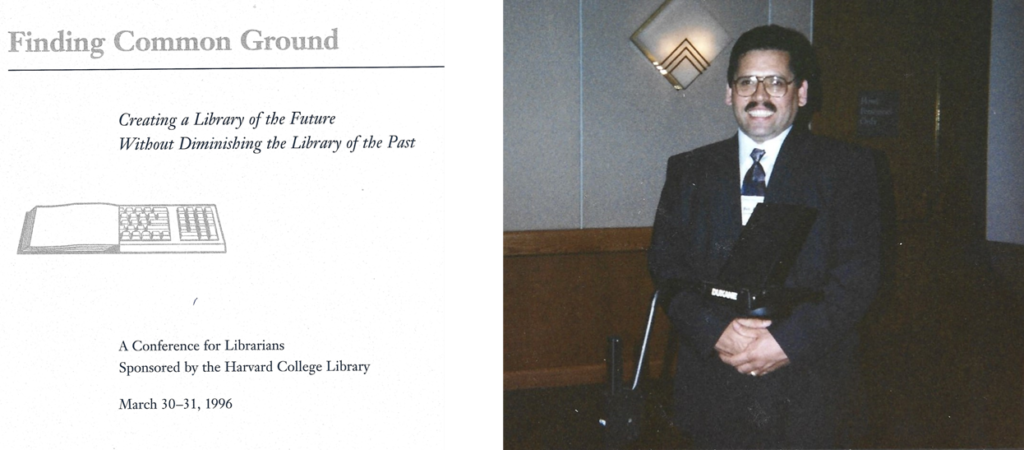

My colleague Chestalene Pintozzi was there and she also gave a presentation. As the big day unfolded, I was feeling quite uncomfortable, because I had on a brand new blue suit and tie and a new pair of shoes that I bought just for the occasion. (I never wear suits!) I was also very nervous, because after all, this was HARVARD! Shelley and I had prepared well, but unfortunately, the presenters who were scheduled before us went way over their allotted time. This left us very little time to do our presentation, and we bombed as a result. There just wasn’t enough time to do what we had planned. It felt awful. I have a couple of photos of me in my brand new blue suit.
A book of the conference proceedings was published two years later and it includes the presentation that we gave. It’s linked below.
While not attending the conference sessions, I took the train to Boston to explore the area, and managed to find a good bookstore, but I did not see the old part of the city where all the historical buildings like Faneuil Hall and the old churches were located. I didn’t even know about this area. I did, however, go to a gay bar and other places too, and had a lot of fun in Boston’s South End, which was home to the gay community.
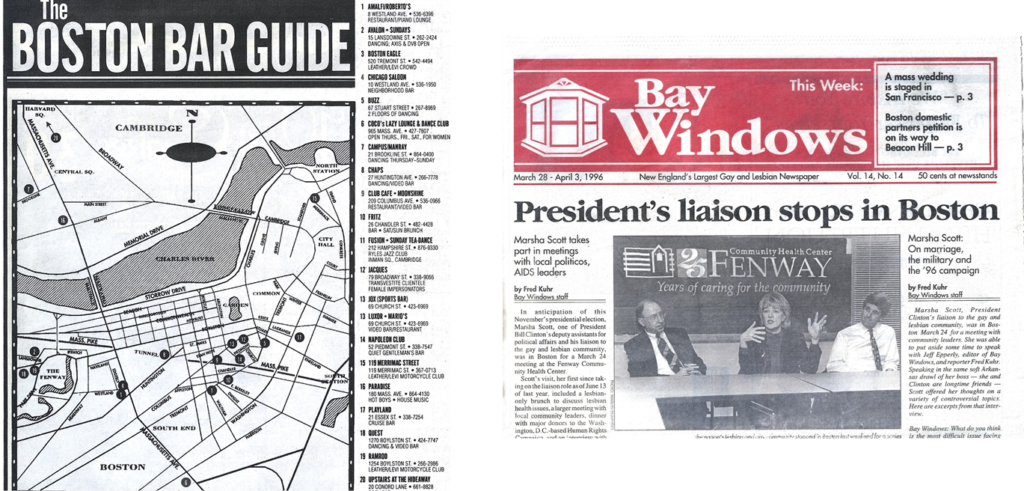
Diversity Roundtable: Not So Straight II: April 12, 1996
This was a follow-up session to one held the previous year, on March 17, 1995. In that session, several GLBT staff spoke about their life experiences and how it felt to work at the UA Library as a member of the gay community. For this year’s session, I worked with two staff members to sponsor a visit by Amy Zuckerman, who had just co-authored the book, “Sexual Orientation in the Workplace” and who was doing training across the country on gay issues in the workplace. During her visit, she gave an open presentation to the staff, and also worked with staff who were GLBT to help them discuss issues in a safer setting.
The 25th Anniversary of the Tucson International Mariachi Conference, April 24-28, 1996.
I wish I could say that I have attended every annual mariachi conference held in Tucson over the years, but unfortunately, I’ve only attended a handful. This particular year, Linda Ronstadt performed, and it was great to see her and Mariachi Cobre together, as well as all the other performers. Mariachi Los Camperos were great, as usual, and a Japanese singer named Junko Seki, was absolutely amazing. It was a memorable show!
Efren Urquides, April 28, 1961-April, 26, 1996
I didn’t know Efren all that well, but had met him a few times shortly after Ruben and I got together. He was a very handsome guy, and was one of Ruben’s good friends. Unfortunately, Ruben lost several of his buddies over the years, as did I. AIDS was the cause of death for a lot of young Latino men our age in the 80’s and 90’s. Ruben and I were quite lucky to have survived the era unharmed.

Leslie Feinberg published Transgender Warriors : April 1996
I’ve already written about Leslie Feinberg here. This book was Leslie’s attempt at pointing out that there have existed transgendered people throughout history. While it received mixed reviews, it was one of the first works to tackle topics such as cross dressing throughout history and other issues relevant to the transgendered community.
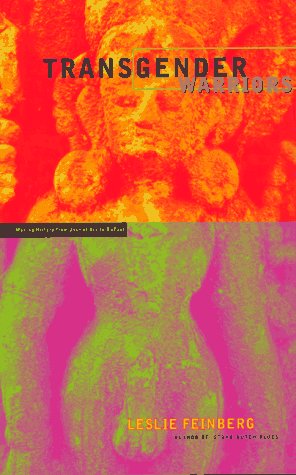
May 1-May 4, 1996: Living the Future Conference, Tucson Az.
The UA Library began the restructuring process in late 1992, and late 1995, plans were in the works to host a national conference that would showcase the many accomplishments that the Library had achieved, as well as lessons learned along the way as it transformed itself from a traditional, hierarchical structure with fifteen departments to a team-based organization with nine teams. People from all over the country attended the conference, and it would be held again every two years for another decade, approximately. I contributed two programs at this conference, one on diversity, and the other on staff development. My presentation outlines are linked below.
May 13, 1996: Sue Miller Hurst Program
I first heard Sue Miller Hurst speak about lifelong learning at a conference in San Francisco in 1995. I found her quite inspiring, and her talk affected me deeply. I returned to the UA Library very excited about having met and heard her, and I proposed to the Diversity Council that we bring her to campus. Members of the Diversity Council then embarked on planning an all day program where the entire staff were invited to attend her talk. Unfortunately, many of our colleagues did not take what she had to say seriously. In hindsight, we could have done a better job of working with Ms Hurst in preparing her program. I left it to other members of the Diversity Council to do that, and we missed the boat. Her philosophy is outlined below.
“Designing and implementing new structures will not fully transform an organization if the people do not release themselves from the old internal structures that say “I can’t,” or “I am not worthy.” Sue Miller Hurst spoke to the learner inside each of us, talking about challenging our assumptions about our limitations and then breaking through them. Creating a learning organization requires a community of learners — and if we do not believe in our capacity to learn, then we cannot help create the space in which learning thrives. One of my favorite poems is by St. Appollonaire: “‘Come to the edge,’ he said. They said, ‘We are afraid.’ ‘Come to the edge.’ They came, he pushed them, and they flew.”“
Going away party for Cecilia Poon: May 31, 1996
On May 31, members of the Library Diversity Council held a going away party at Libby Hilmar’s home for our colleague and friend Cecilia Poon. This is the second year that we held a get together at Libby’s house. Sadly, Shizuko would pass away in early 1997. This was a wonderful group. I really enjoyed working with them.

Shown above in the photo on the left are me, Erika Williams, Shizuko Radbill, Cecilia Poon, Diane Delp, and our host, Libby Hilmar. On the right are Diversity Council members Maureen Gray, Erika Williams and Cecilia Poon.
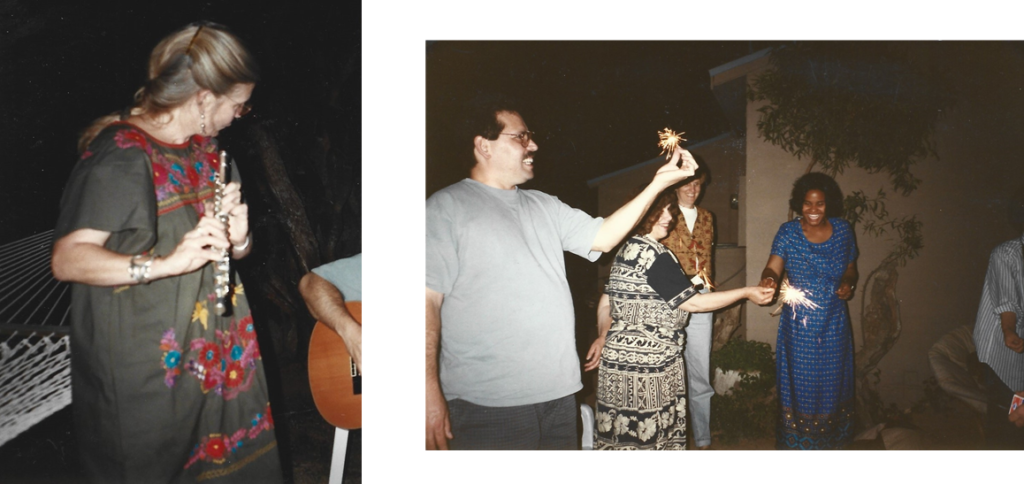
In the above photos, Libby Hilmar is playing her flute and I, Maureen Diane, and Erika are playing with sparklers in Libby’s yard.
June 4, 1996: Protesting stereotypes found in library literature
A colleague of mine had recently pointed out that the journal Reference Quarterly (RQ) had a very interesting article in it titled “Developing Collections for the Spanish-Speaking”. I decided to look it up, and to my horror I saw the following advertisement included in the publication. It made me very angry to see Latinos portrayed in this manner. At the time, we received very little media coverage, but then to see us portrayed as gang members in a national library publication really got to me. I raised the issue on a the REFORMANET listserv, and suggested that people write letters of protest to RQ and PAIS, the company that ran the ad. Many people did, and the topic was addressed at our conference later (I organized a discussion session about it) in the summer, as well as in the REFORMA newsletter. PAIS eventually apologized, as did ALA, but their reasoning for running the ad did not convince anyone they were sincere. Here’s the ad:
June 8-Jun 15, 1996: Vacation in Detroit Michigan.
Before we met, Ruben and I had both, at one point or another, lived within an hour’s drive of the Detroit area. I lived in Ann Arbor for almost six years, and knew the area well. Ruben lived in Toledo for a much shorter period of time, but had also been to Detroit when he lived there. We decided to visit the area this year, as we both had fond memories of having spent time there. I was also looking forward to seeing my Ann Arbor friends, but things didn’t turn out quite the way we had planned them.
We left Tucson for Detroit on a red eye late at night on June 7. Our flight went to Las Vegas first, and from there we made a connection to another flight that would take us to Detroit. Unfortunately, there was a lot of turbulence in the air in the Las Vegas area right before we landed. The bumpy ride didn’t bother me too much and I was able to doze off easily on the flight to Detroit, but Ruben freaked out, and did not sleep at all. After we landed seven or so hours later, we picked up a rental car and drove to our hotel, which was in Woodhaven, a suburb south of Detroit. Once we got settled, Ruben informed me that the turbulence really got to him and that he did not want to fly home, and that we needed to figure out another way back. This caused a big dilemma because it turned out it wasn’t that easy finding a car rental company that allowed one way trips. We did find one eventually, however. Driving back would take almost three days, so we had to cut our stay in Detroit short, giving us less time to spend in the area than we had originally planned.
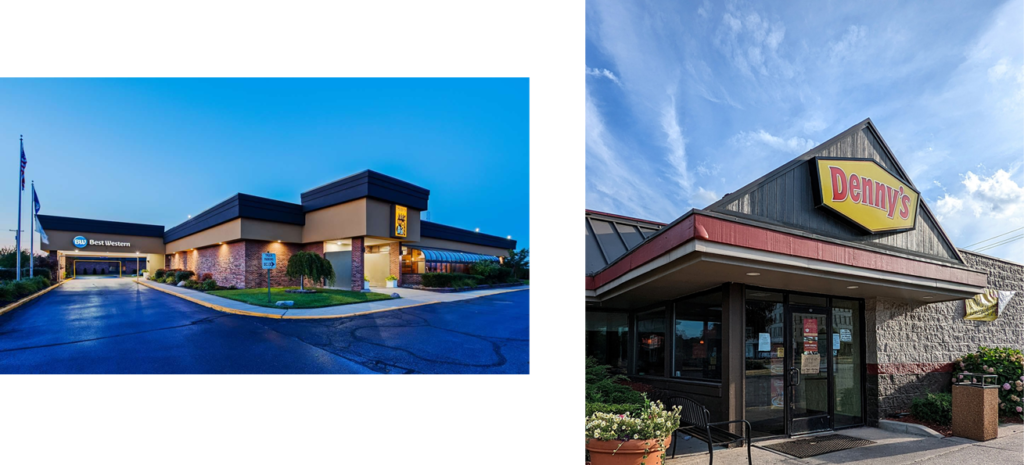
We started out with breakfast at Denny’s. A waitress named Barbara served us and left an indelible impression on us. She was such an amazing worker it was unbelievable. Never have we encountered such an amazing, attentive wait person. Later that day we ate a delicious meal in Greektown at the Laikon Cafe, and shopped at Trapper’s alley and another big big mall in Dearborn.
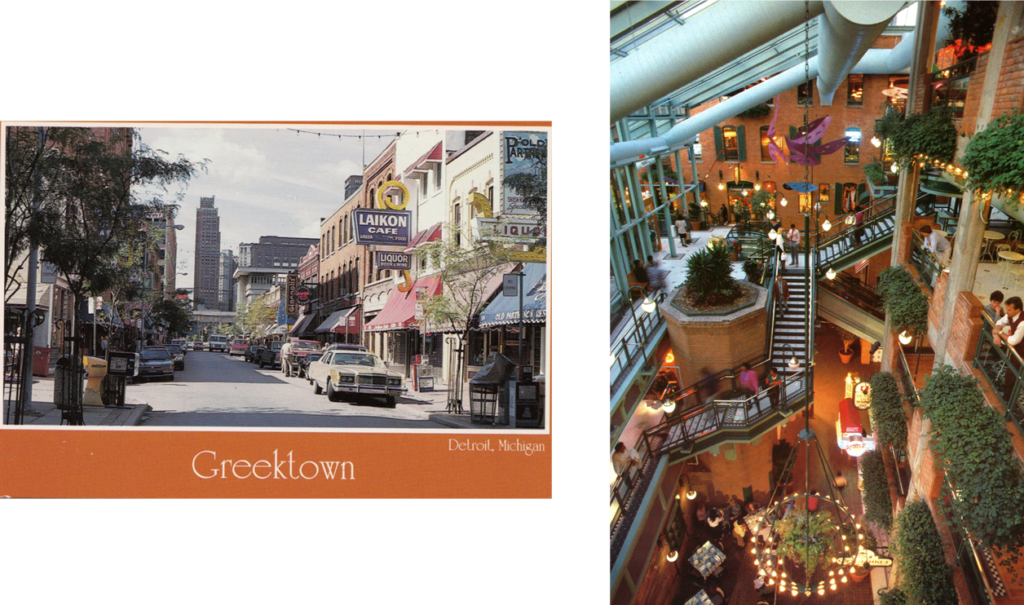
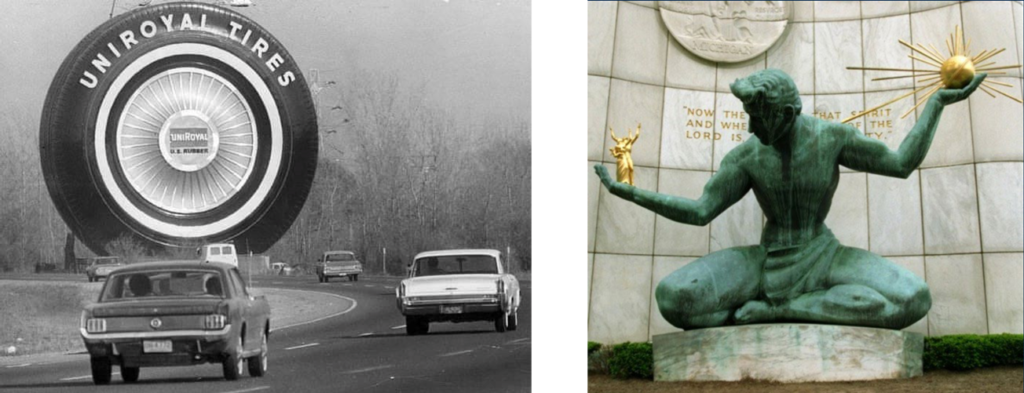
One of our more interesting experiences was having menudo in a Mexican restaurant in the Mexicantown section of the city. The menudo had no hominy in it all. It was all broth and honeycomb tripe. We weren’t impressed, and the waiters who were watching us, giggled as they saw our shocked faces when the food was brought out to us. I’m not sure if we even finished it or not. Probably not.
That evening we drove to Toledo and went to Brett’s, a gay bar Ruben had been to when he lived there. On the 11th we went back to Toledo and ate at The Linck Inn, the restaurant that Ruben used to work at in Maumee.

We spent time shopping for antiques in the Irish Hills area, near Ann Arbor. We had a great experience exploring the small towns, but we ended up driving way too far, three quarters of the way across the state, and it took a while to get back to our hotel.
We rented another car and started on our way home on the 12th. Along the way, we stopped at some antique stores in western Michigan and Elkhart, Indiana, and avoided the Chicago area by driving south of it. We spent the first night in Des Moines. We checked into a Motel 6, but it was such a dump, we could not stay, so we found a Best Western and stayed there. We drove around the city for a while, and saw a bunch of kids coming out of a rock concert. We couldn’t believe it. They were all blonde!
The next day we made it all the way to Denver where we also stayed downtown at a Comfort Inn. Unfortunately, the fire alarm went off and we kind of freaked out because we were way up high, like on the 20th floor. Everything turned out fine, however.
From there, we started our drive to Tucson the following morning, but stopped in Albuquerque for dinner, then drove home.
It was quite an experience, that’s for sure. While I didn’t get to see my Michigan friends, it was still an enjoyable vacation. I love going across country in a car!
Ella Fitzgerald: April 25, 1917-June 15, 1996
My first partner, John, introduced me to female jazz singers back in 1979. Ella Fitzgerald was one of the greats. Man, could she sing! I’ve been an avid collector of her recordings since my early 20’s. I love most of her material, but her voice got a bit wobbly in the 70s, I must admit. She came to Tucson and performed a few times, but I never got to see her, unfortunately. I love her Duke Ellington Songbook and her Gershwin recordings, especially. On her live album, Ella in Hollywood, she scats for over 7 minutes. Her vocal creativity was astounding.
July 4-10, 1996: ALA Annual Conference, New York City NY.
I hadn’t been to New York City since 1977, when I was 18 and took a Greyhound bus from Tucson to Newark to visit my sister Becky and her husband. This time around, I stayed smack dab in the middle of town and was there to attend the ALA Annual conference. It’s the only one that’s been held there since I’ve been attending (my first ALA was in 1989). It’s a very expensive place to have a conference. It was an enjoyable trip for the most part, but the heat and humidity were sometimes unbearable.
The Jacob K. Javits Convention Center, shown on the left in the photo below, is commonly known as the Javits Center, and is a large convention center on Eleventh Avenue between 34th Street and 38th Street in Hell’s Kitchen. It was designed by architect James Ingo Freed of Pei Cobb Freed & Partners. Across the street was a railroad car restaurant that I had breakfast at. I don’t remember the name of it, however.
I stayed at the Days Hotel, shown above on the right, at 790 N .8th Ave., near Times Square. It’s since changed names several times. There was a swimming pool on the roof, but the sky was gray and the air felt yucky.
I didn’t get to see everything I wanted to see, unfortunately, but I did visit some new places like the lower east side and Central Park.
I had dinner at Woody’s and later had drinks at Don’t Tell Mama. I can hardly remember being in these places, but I have receipts that prove I was there.
My hotel was close to Times Square and the St. Patrick’s Cathedral, which I visited on Sunday. What a gorgeous church!
On Saturday, my friend Doreen and I attended a to a fundraiser reception for REFORMA at the Mexican Cultural Institute. We didn’t stay for very long, and decided to leave. We then went to the lower east side to hang out with one of Doreen’s friends from library school.
We had dinner there and also went to a really great bookstore, where I bought some Noam Chomsky books.
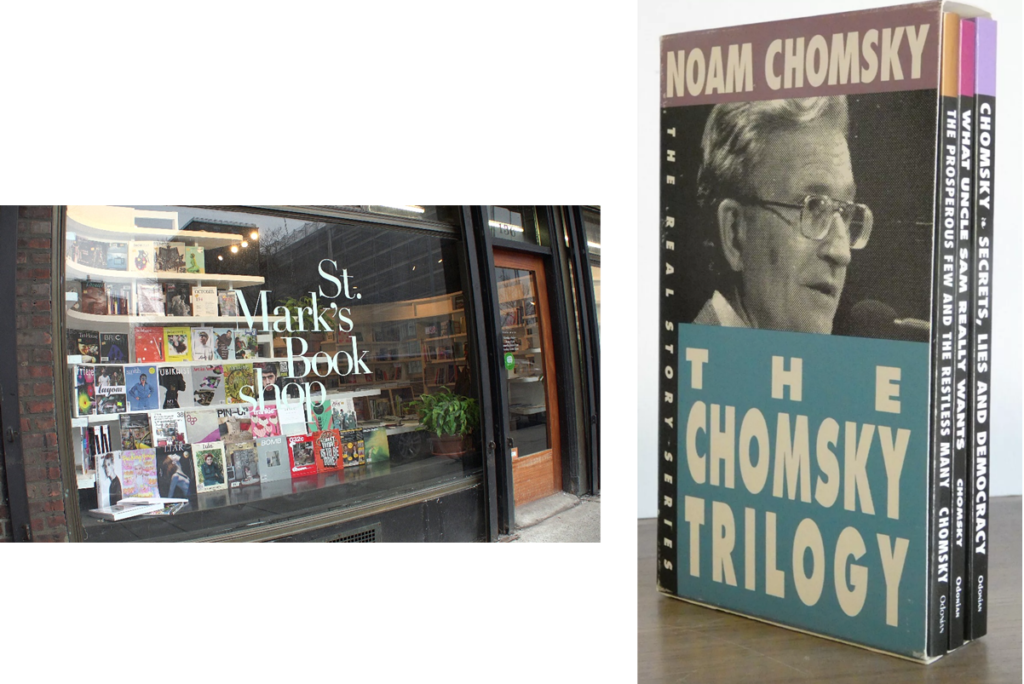
I had wandered over the Greenwich Village earlier and found Gerde’s Folk City. The place where we had dinner in the east village was called the Yaffa Cafe.

On Sunday, I walked up to Central Park to see the Marley family perform. I especially wanted to see Rita Marley. It was a hot, muggy day. I was dehydrated and got sick after drinking just one beer, so I decided to go back to my room and left before Rita Marley made it on to the stage. I was royally bummed out. Central Park was beautiful.
On the left below is a recording of the concert in Central Park that I attended very briefly. It was hot and humid, and I made the mistake of drinking a beer, which got me very sick. I had to leave the venue early. i was very bummed out.

A bridge in Central Park.. It’s a big, big place, with lots of trees. It took forever to walk through it to the bandstand where the Marley family were performing.
Jorge Negrete, Pedro Infante and Javier Solis were among Mexico’s most beloved ranchera singers. There existed at the time very few biographies of these perfomers , so finding these was a big thrill. I found them at the ALA exhibit hall at the conference. Each of these is a part of a 3 volume set. Man, what a find!
Unfortunately, my flight home from New York was delayed, and I had to stay overnight in a hotel near the airport Denver. It was a nerve wracking experience, I must say. I got home a day late as a result.
Antonio Aguilar y Su Familia: Pima County Rodeo Grounds, July 27, 1996.
I’m so glad I went to this show. The highlight of the entire thing was when the great Flor Silvestre sang Mi Destino Fue Quererte while strolling around on a horse, and of course Antonio Aguilar was wonderful, as were his sons. It was a fabulous event. I have been a fan since my teenage years. In the sixties, my mom absolutely loved Flor Silvestre and her signature tune, Mi Destino Fue Quererte, and when Pepe Aguilar started recording rancheras in the early 90’s with mariachi accompaniment, I went crazy and bought every recording he put out. I’ve seen him solo a few times. He and his children perform together now all the time and have recorded some great videos. Its been a few years now since both Don Antonio and his wife passed away. Antonio Aguilar and Flor Silvestre left behind an amazing recorded legacy of classic rancheras as well as scores of movies. The Aguilar Family is from Zacatecas, the same state where my grandmother Zeferina Torres was from.
Deadly Bombing in Atlanta during the Olympics: July 27,1996.
The Centennial Olympic Park bombing was a domestic terrorist pipe bombing attack on Centennial Olympic Park in Atlanta, Georgia, on Saturday, July 27, 1996, during the Summer Olympics. The blast directly killed one person and injured 111 others; another person later died of a heart attack.
A new member of the family–Noah Andres Diaz-Colwell, born on August 9 1996.
My niece Valerie, daughter of my brother Charles and his wife Elaine, married Wade Colwell the previous year. Their first child Noah was born on August 9. He grew up to be a very tall and handsome young man. It’s hard to believe he’ll be 28 this year!
My Staff Development Work
Keeping up with change in the profession was quite challenging in the mid-90s. Technology was transforming how we did our work as librarians in every area, including cataloging, collection development, and reference. The World Wide Web and the internet were new to most people, and there was a lot to learn. In addition, the staff at the UA Library continued to grapple with the changes brought on by the Library restructuring process. My job was to provide funding for workshops and training in addition to setting up training programs within the Library. While this was just part of my job, it took up a lot of time and energy, and it seemed like the staff always had something to complain about. I struggled to keep up I wrote up this annual report for the Dean of the Library. It details my work in this area.
Staff Development Annual Report for FY 95/96, August 12, 1996.
Traffic Survival School: August 18, 1996
Over the years, I’ve had several car accidents and have received a fair number of speeding tickets etc. I think I’ve participated in these defensive driving courses at least three or four times altogether over the years. I do not have good depth perception and it causes a lot of problems. I’ve had a lot of close calls while driving, many more than I care to admit! The cars I’ve had have all gotten a real beating. I’m hell on wheels, as they say! The past few years have been better, thank goodness.
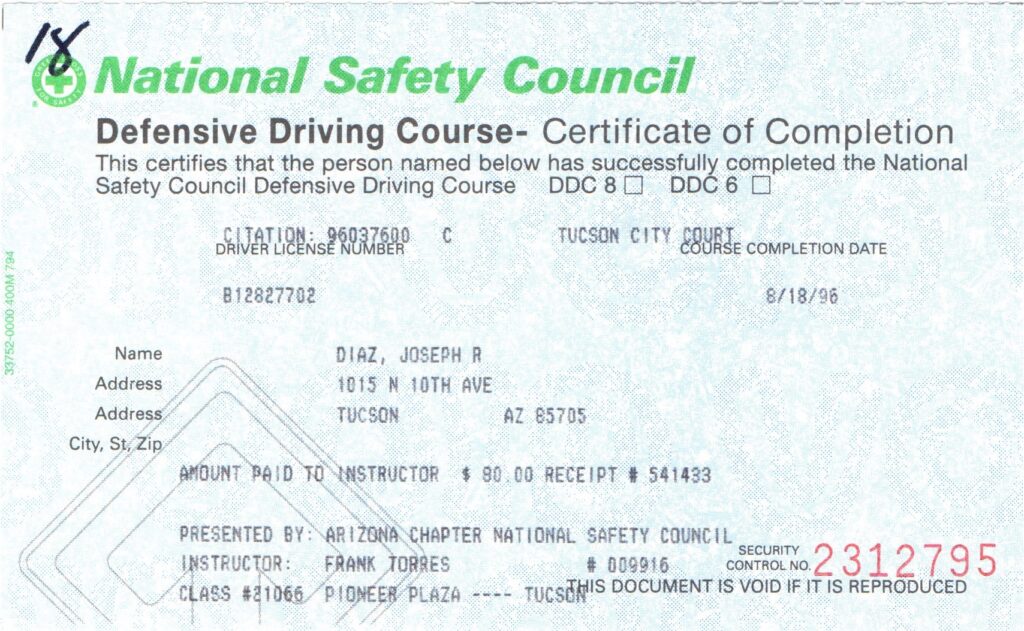
August 22-August 25, 1996: First REFORMA National Conference, Austin, TX.
My second trip to Texas this year was to Austin, to attend the first REFORMA national conference. I had a great time. I also met a lot of really cool people and had some delicious food.
I participated in the following three different programs. I was a panelist on the first two, and the discussion convener and facilitator on the last one. Each program was well-received and we had good attendance.
“How to Start and Maintain an Successful REFORMA Chapter”
“Writing Effective Cover Letters and Resumes”
“What’s Up With the PAIS Ad?”
This was my first ever visit to Austin, and I was eager to see the sights, especially 6th Street, home to a variety of music clubs, and quite a “scene”, as they say. Austin has been known for a long time as the live music capital of the world, and home to Willie Nelson and Austin City Limits.
The conference was held at the Austin Convention Center (below, left) and my hotel was the Omni Austin hotel, (below right).
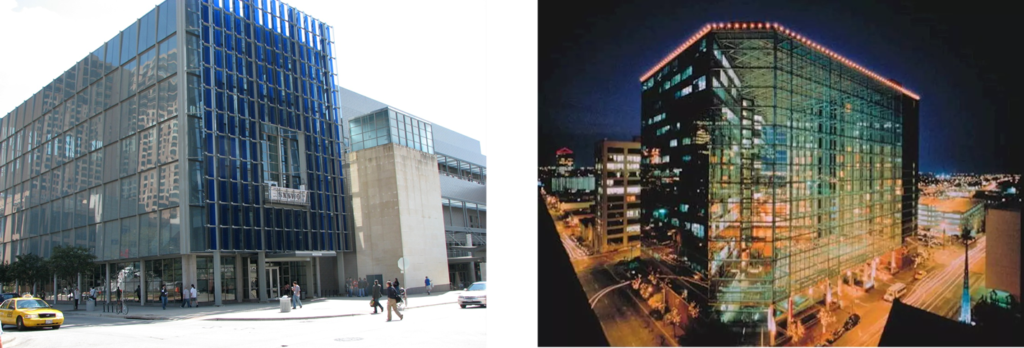
Our opening reception was held at the LBJ Presidential Library, (below left), on the UT Austin campus, on the north side of downtown. 6th St., shown below on the right, was not far away from where we stayed.

Book People and Waterloo Records were great places for shopping. I went there a couple of times. My good friend Karen Downing was also at this conference, and we shopped together.
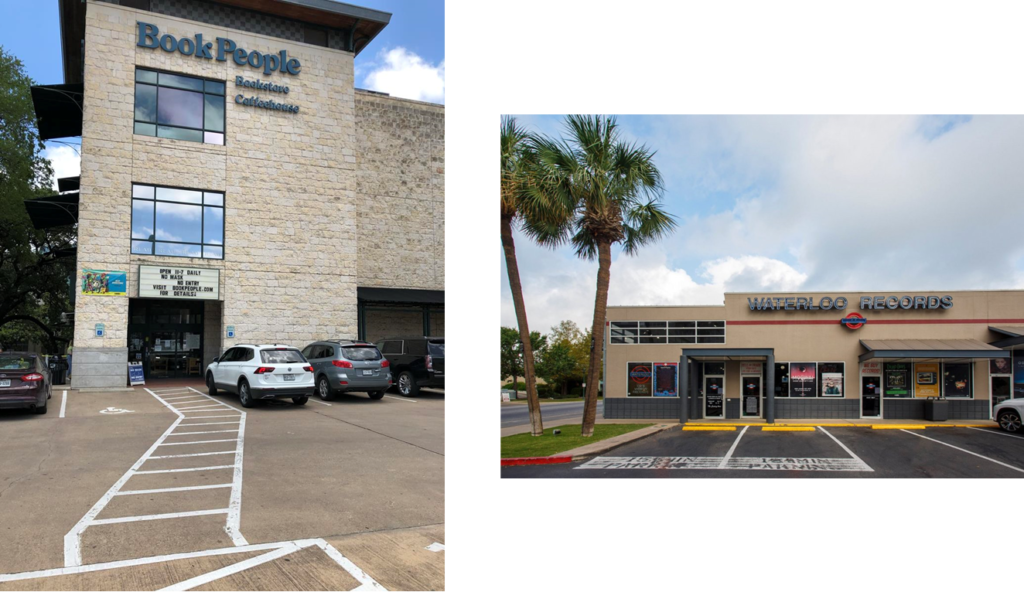
The State Capitol building was a in the vicinity, and close to it was a gay bar called Charlie’s. There were other gay bars in the area also. I went to a few of them with some people I had met at the conference.
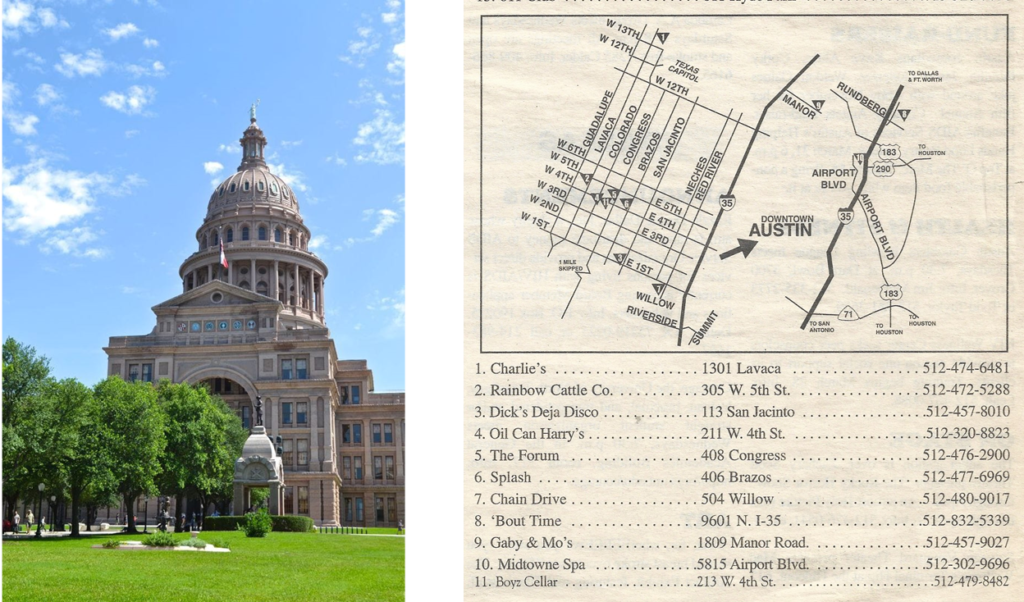
Overall, it was a great conference. I had a wonderful time, and would return to Austin two more times over the years. It’s a great city to visit and is much more liberal than most other cities in Texas.
My quest to keep learning…
I’ve been very fortunate to have many learning opportunities come my way, particularly in the early years of my career. I’ve attended a variety of training programs, including ones on time management, project management, developing management and training skills as well as facilitation skills. This particular year, I attended a workshop on MS Access, a database management program. Unfortunately, I did not practice enough to use it continuously. Excel was more widely promoted within the Library, and I learned that program too.
Long live the queen….
Joan Baez stopped recording for Vanguard Records in the early 70’s, but the record company continually re-packaged and re-issued her recordings over the years. I have all of the re-issues in my collection, including the Joan Baez Ballad Book, The Joan Baez Contemporary Ballad Book, The Joan Baez Love Song Album, and the Joan Baez Country Music album. Joan Baez Live at Newport, appeared in 1996, and was different in that most of the songs on this album had not appeared before on any of Joan’s previous lps, although some had been included in various Live at Newport anthologies. Joan got her big break at Newport back in 1959, so it’s a big part of her history. These songs are all from her appearances between 1963 and 1965, and include two duets with Bob Dylan.
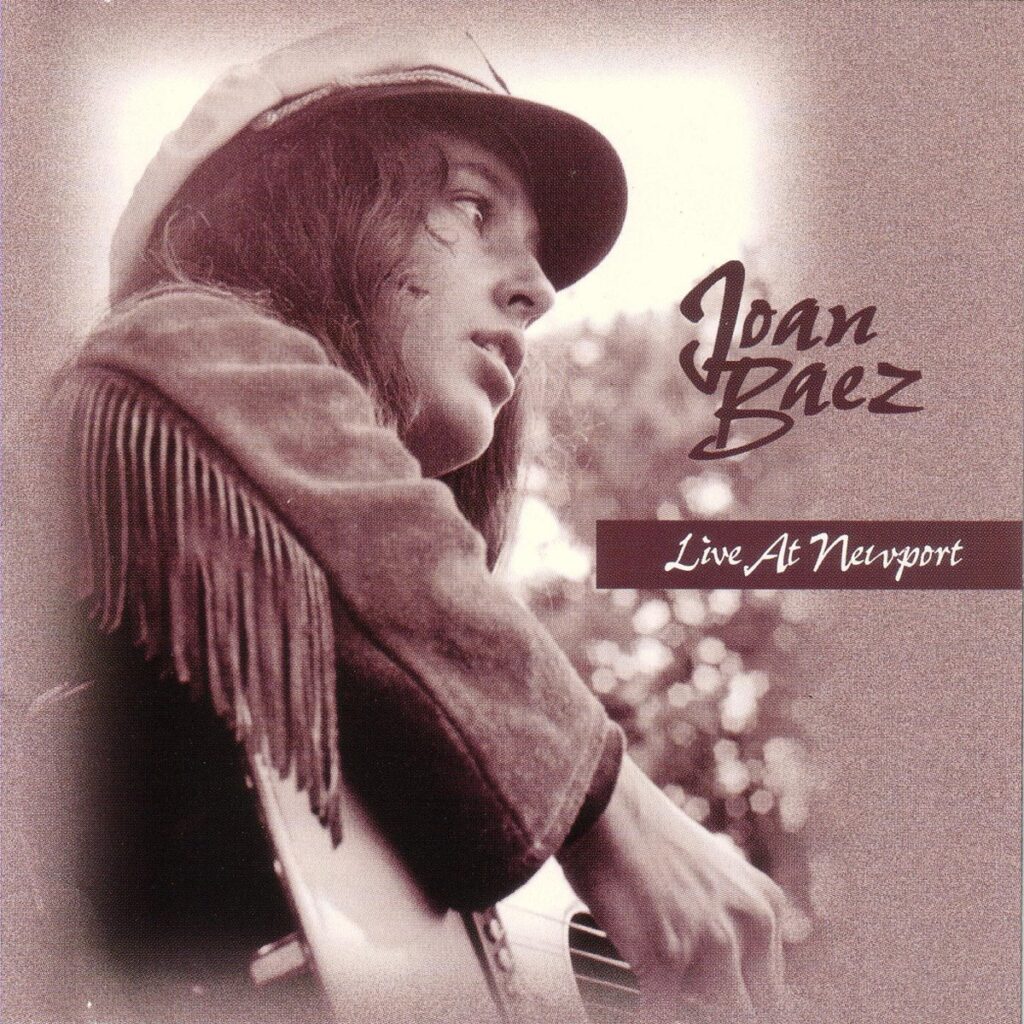
Shortly after the release of Live at Newport, Ms. Baez appeared on the cover of the folk music magazine, Dirty Linen. By this time in her career, she had become a much-adored living legend, and many singers, including Emmylou Harris, were starting to publicly point to her as their insipiration and their reason for wanting to become a singer themselves. Joan’s guitar playing, especially on her early live recordings, was also starting to be acknowledged as brilliant. She is a fabulous guitarist.
Tucson High School 40th Reunion, September 21, 1996
My Aunt Mary Rascon graduated from Tucson High in 1956. This is the photo she and my uncle Donato took at her 40th high school reunion gathering. Uncle Nato never finished high school, unfortunately. He joined the marines when he was 15. He has since passed, but Aunt Mary is still with us. She’s one of only three aunts that I have left. The other two are my brothers sisters, Helen and Carmen.
Ocober 12-October 15, 1996: LAMA/LITA National Conference, Pittsburgh, PA.
On my second trip to Pittsburgh in as many years, I attended a conference co-sponsored by two ALA Groups– the Library Administration and Management Association and the Library Information Technology Association. It was their first joint conference, and as a member of the LAMA Diversity Committee, I was asked by the chair, Joan Howland to put together a program on information technology and its impact on diverse groups.
As coordinator of this program, I decided to write a paper on how the internet further divides the haves from the have-nots. I also asked my colleagues Patricia Tarin and Carla Stoffle to co-present with me. I was very excited about the program, but I didn’t do a great job with my part of the presentation. I was very nervous and towards the end, dropped my papers on the floor. I was very embarrassed. Pat Tarin didn’t give a very good presentation either, but Carla saved the day and hit it out of the ballpark for us.
In hindsight, I was out of my league writing about information technology. I really didn’t have a good grasp on things at this stage in my career, and was a over my head. I chalked it up as an important learning experience. My paper is linked here: “Social Equity and Empowerment in the Age of Technology”
This was a very short trip and I didn’t get to see much of Pittsburgh. I did, however, explore parts of downtown that I hadn’t seen the year before. I really like the city, and will hopefully return again and spend more time here.

October 30-November 3, 1996:Ford Foundation Diversity Conference, Seattle WA.
I first visited Seattle in 1981. At the time, my sister Becky lived in a small town close by called Lacey. I spent about a week with her and her husband Paco, and we went all over the place, including Victoria, Canada and Mt. Rainier. We also visited Pike’s Market and the Seattle Space Needle. This time around, I was there to attend a Ford Foundation-sponsored diversity conference. The UA Diversity Action Council sent me and paid for this trip.
I attended several programs and events at the conference, but don’t remember anything specific about it that stood out. My memories at this point are sharper regarding what I did on my own while in the city.
After getting settled in at my hotel, which was a Westin, I decided to head over to the Pikes Market area, where my sister Becky and her husband took me when I was last there. It’s an interesting place, with three stories of shops and lots of food vendors. There was seafood available for sale everywhere.
I also found some shops in the vicinity including one calle La Sirena Rosa. The owner there specializes in selling clothing, music and other stuff from Latin America. I really liked this store, and bought myself a Che Guevara t-shirt and some Latin music while here.
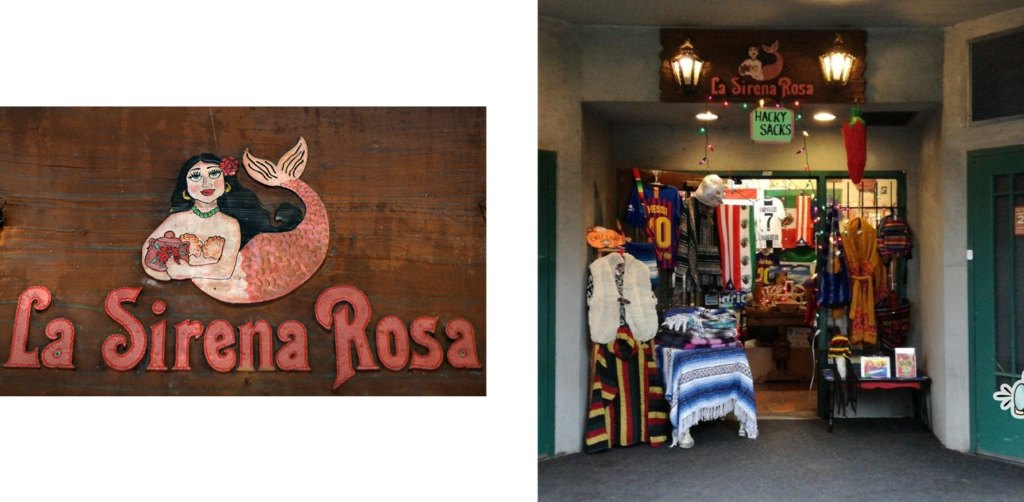
Another store I round was The Spanish Table. It specialized in Spanish imported goods, including food and household items. I bought a beautiful cookbook here.

I bought the Joni Mitchell recording, shown below on the left, on cassette at a Sam Goody record store in Seattle two days after its official release date, which was October 29, 1996. There’s a companion recording called “Misses” as well that was released on the same day. A day later, I bought the Lola Beltran recording on cassette at the same store. My first experience at the store was fine, but my second visit turned into a nightmare. The clerk was a real uptight jerk. He watched my every move, thinking I was there to steal something. I was so angry. I would’ve just walked out, but I wanted the recording badly. I had never seen it before, and I was in the midst of building my Mexican music collection. I love Lola Beltran, and Mexican ranchera music was my passion at the time.
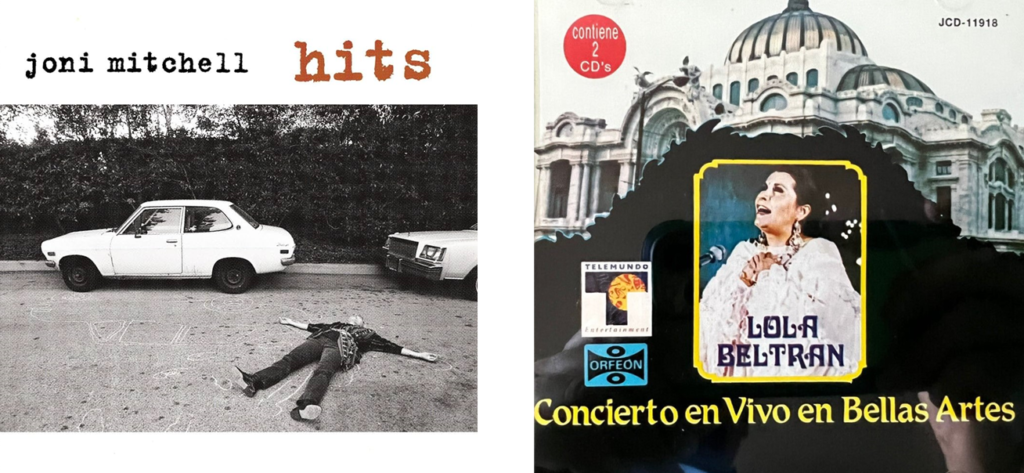
Later, I got the royal treatment at a restaurant/bar, where I ordered a burger and fries. My waitress completely forgot about me, and my hamburger sat on the counter for quite a while. It was yet another bad experience and it left a bad impression.
On my last day in Seattle, I visited the Space Needle. I had been there before, but wanted to go up to the top again. It was fun. I bought some souvenirs there, but don’t remember what exactly.
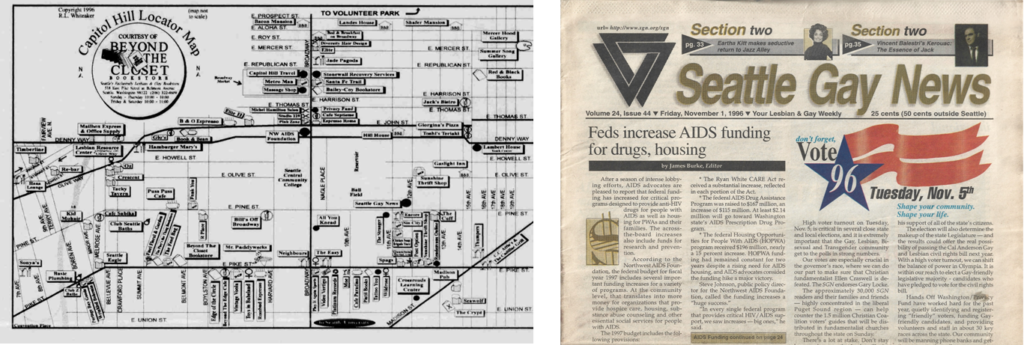
Sometime in between doing all the things I have already mentioned, I found time to explore the gay bars in Seattle. There were quite a few close to my hotel. I had a lot of fun and met some interesting people.
Unfortunately, my overall impression of the city was that it was not a very friendly place. I’ve since been back twice, and I still don’t care for it much. It’s a hilly city and hard on one’s legs. It’s also spread out all over the place and hard to get around. There are lots of other places I got to see this year, and they were a lot friendlier. Even New York City was friendlier than Seattle. Oh well. You can’t win ’em all!
1996 Presidential Elections
Bill Clinton had a difficult time with Republican-controlled Congress once they gained control in 1994, but he still managed to beat Bob Dole in the 1996 election, winning 379 electors to Dole’s 159 and taking 49.2% of the national popular vote to Dole’s 40.7%. The following four years would be even more challenging for him for a number of reasons, but he left the country better off when his second term was over than President Bush had. As a result of the Clinton economic policies, the US attained a budget surplus of $237 billion, shrunk unemployment, created 22 million new jobs, and reduced inflation. Too bad George Jr. got installed by the Supreme Court in 2000. Things got a lot worse after that.
November 26, 1996: Not So White Roundtable: A Dialogue with Our Colleagues of Color
The success of the first two Not So Straight Roundtables inspired the Diversity Council to sponsor a similar program that featured staff who were members of the Native American, African American and Latino communities. Staff spoke openly about their experiences with institutional racism. The attendees listened and came away with new insights, sensitivity and awareness, which is what we had hoped would happen.
The Dean of the Library attended the event, and was very impressed with our work, as her note below indicates. Receiving this kind of feedback at the end of such a crazy, up and down year really helped boost my morale.
Alejandro Fernandez releases Muy Dentro de Mi Corazon: 12-10-96
During this period of his recording career, Alejandro Fernandez just kept getting better and better. This album has mariachis all over it, and several songs, such as “Es La Mujer” became big hits. The following Spring, the album received a Grammy award nomination in the category of Best Mexican/Mexican American album.
Merry Christmas!
Wow! What a year it was!. I received a bunch of Christmas cards from friends and family, including my good friends Pernela and Scott Teresa, Doreen and Jose’, among others. Below is a small sample of the cards we were sent.

